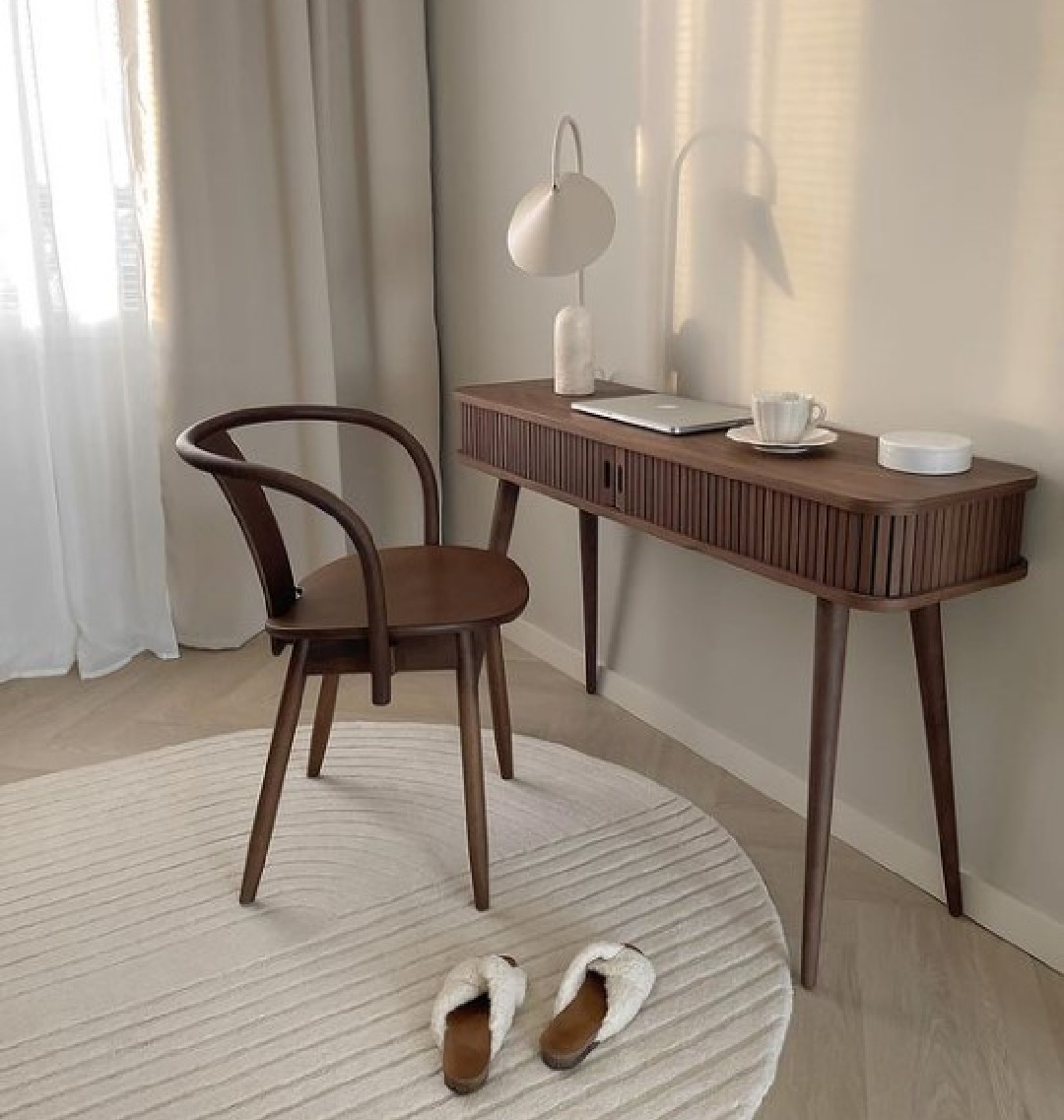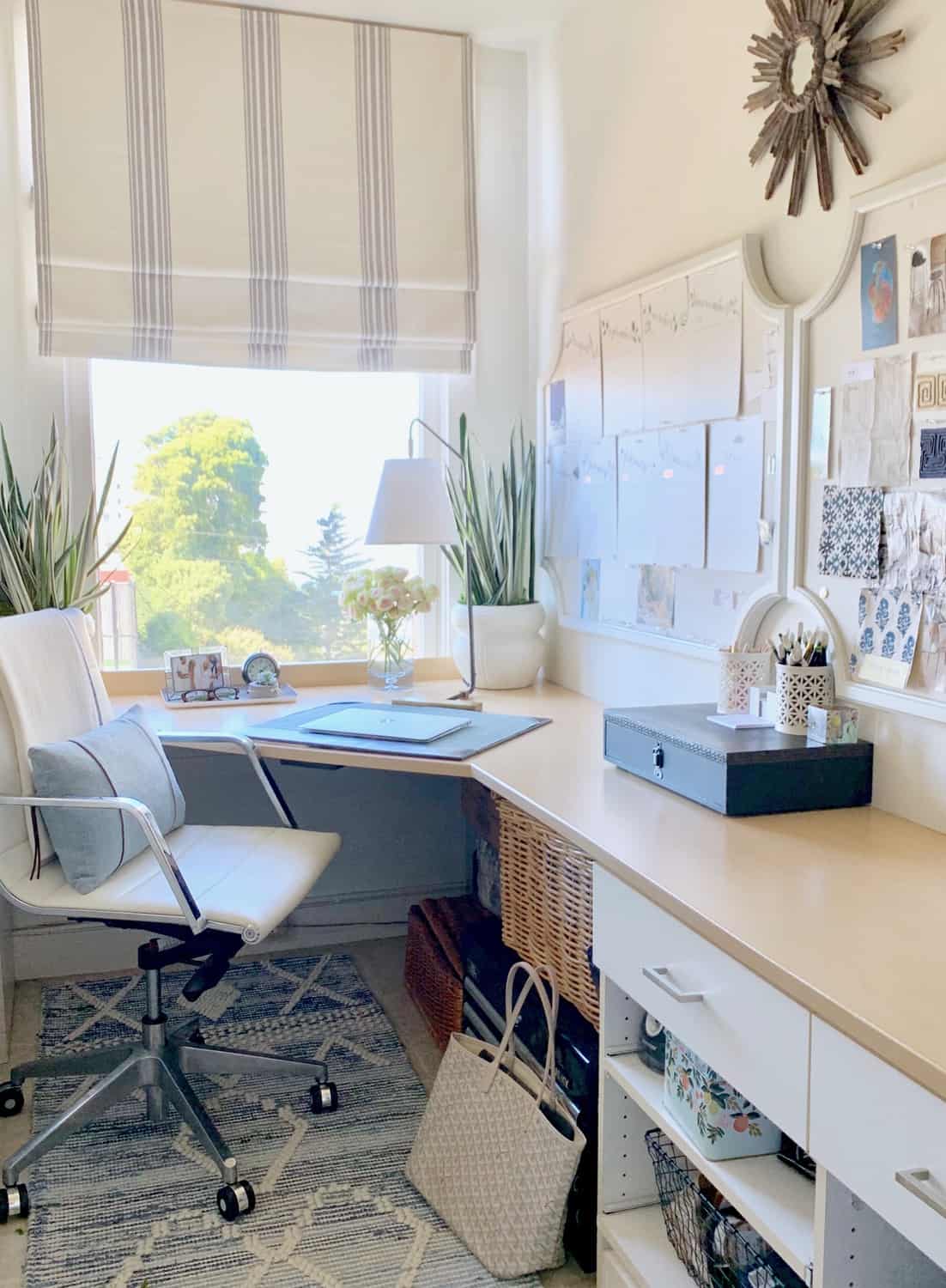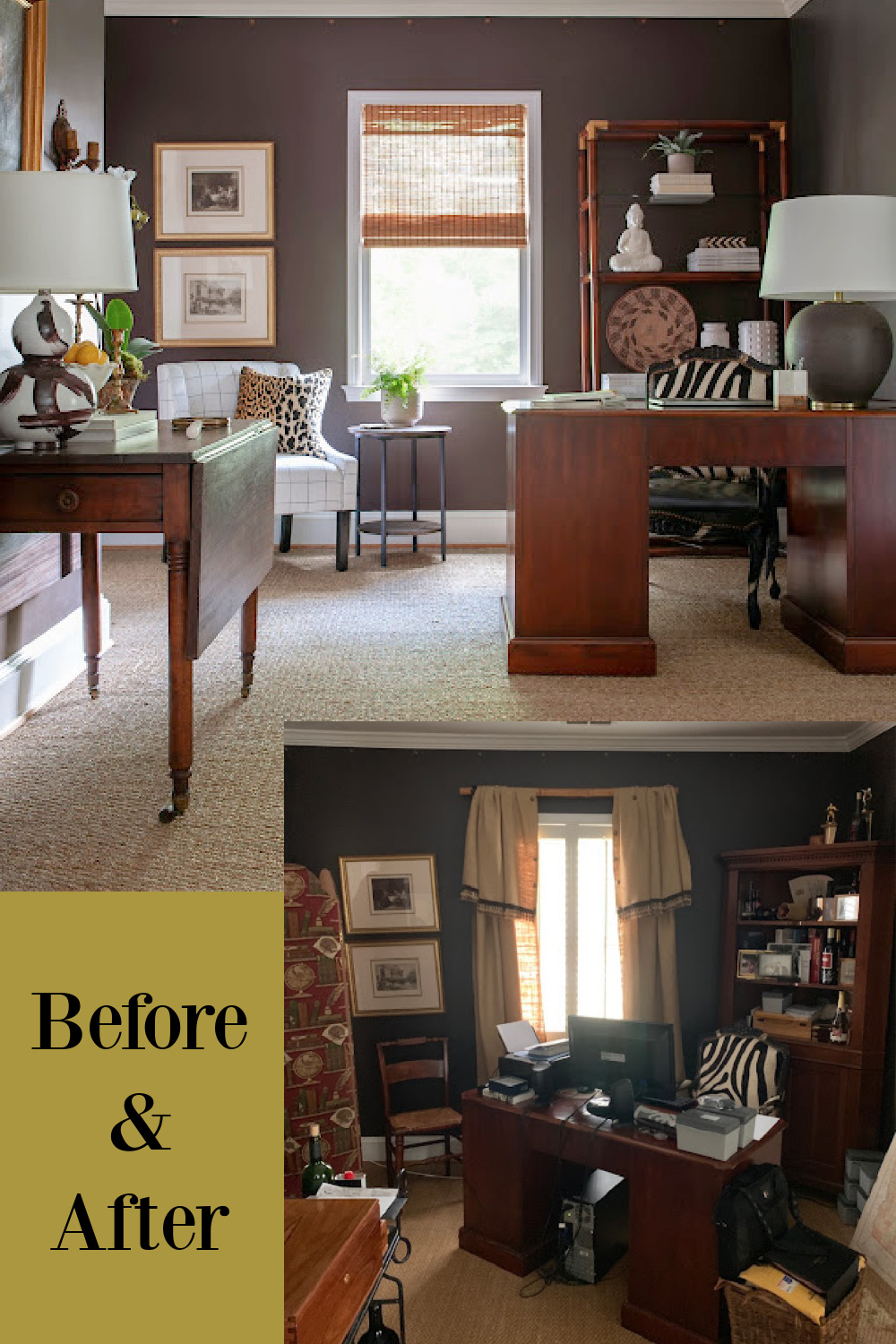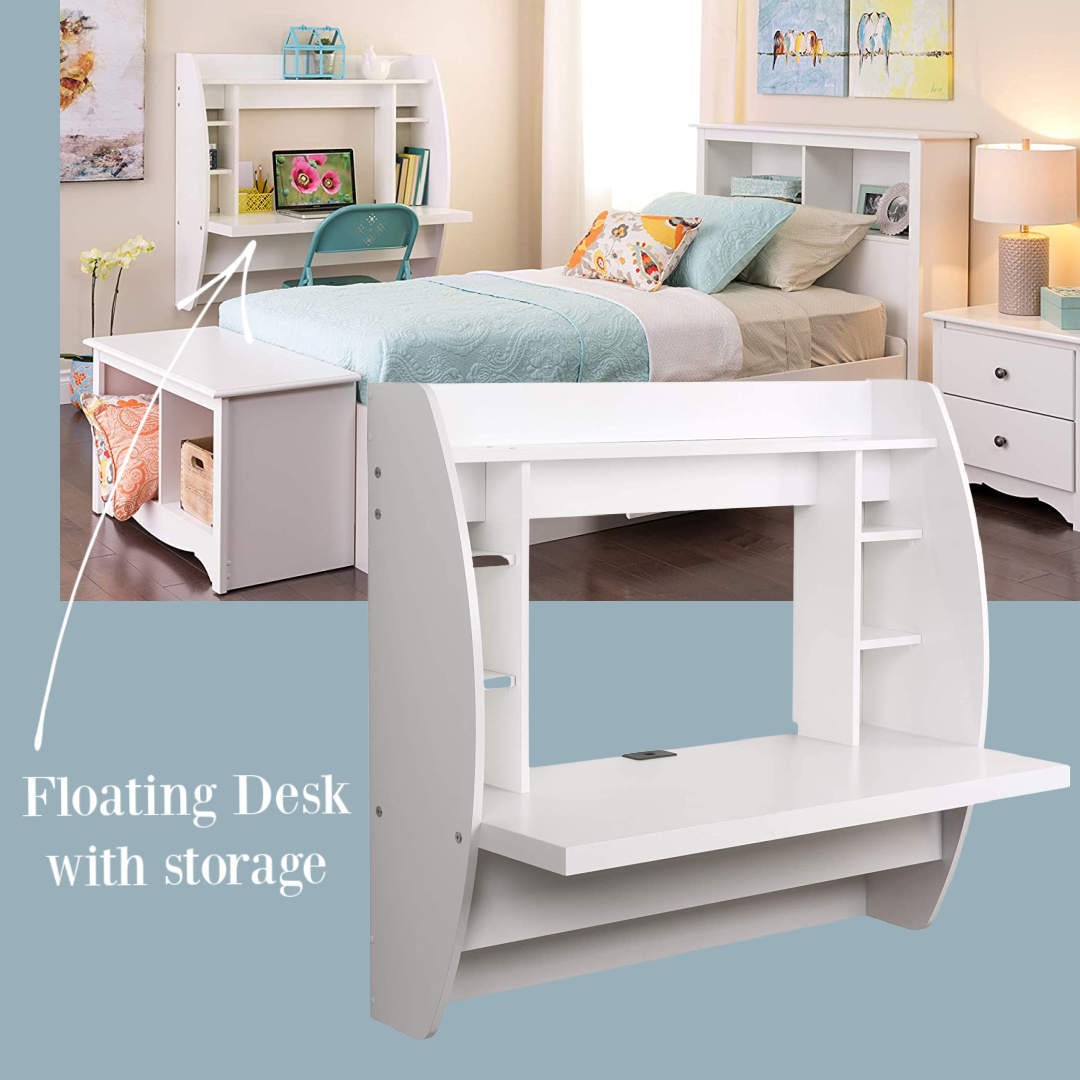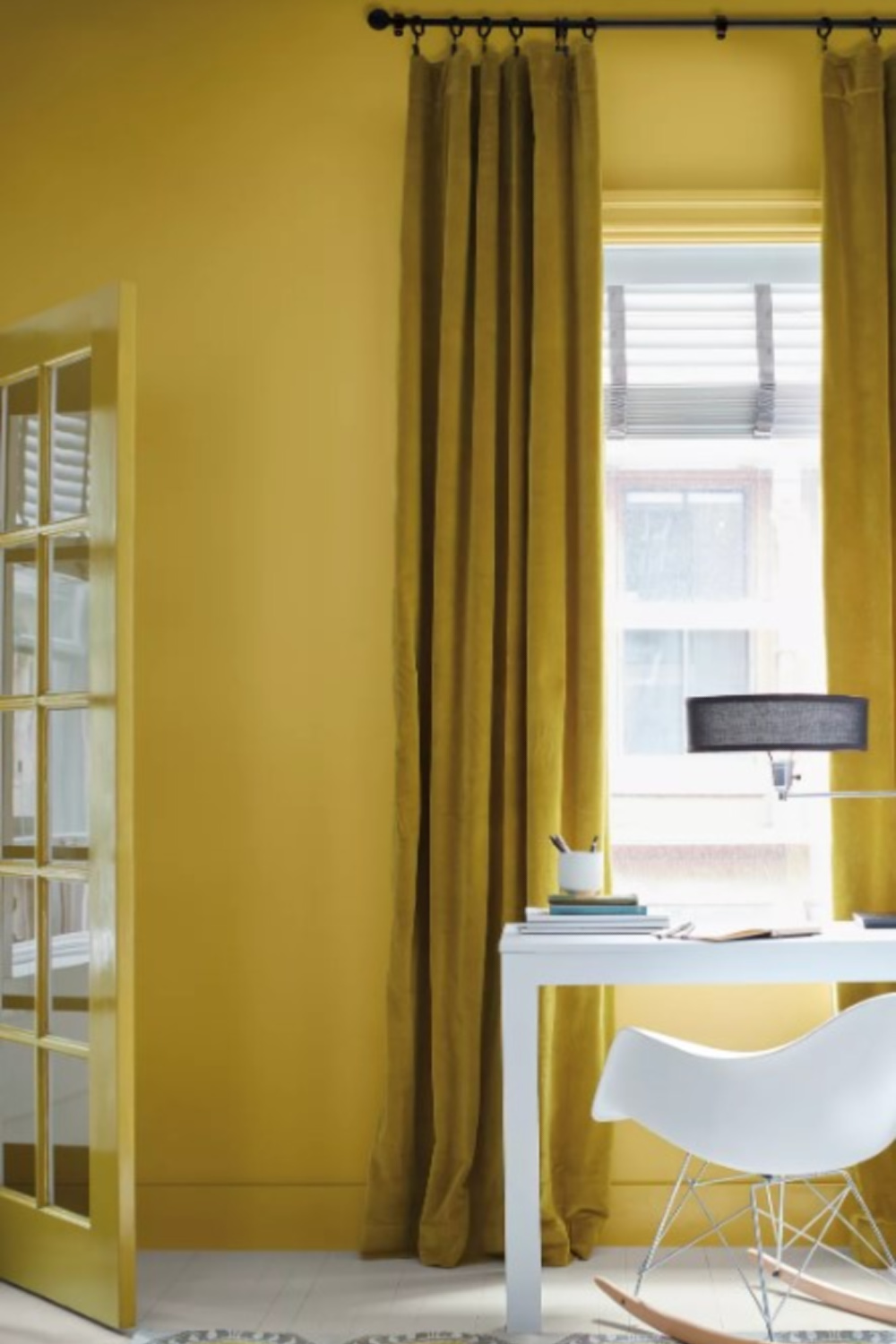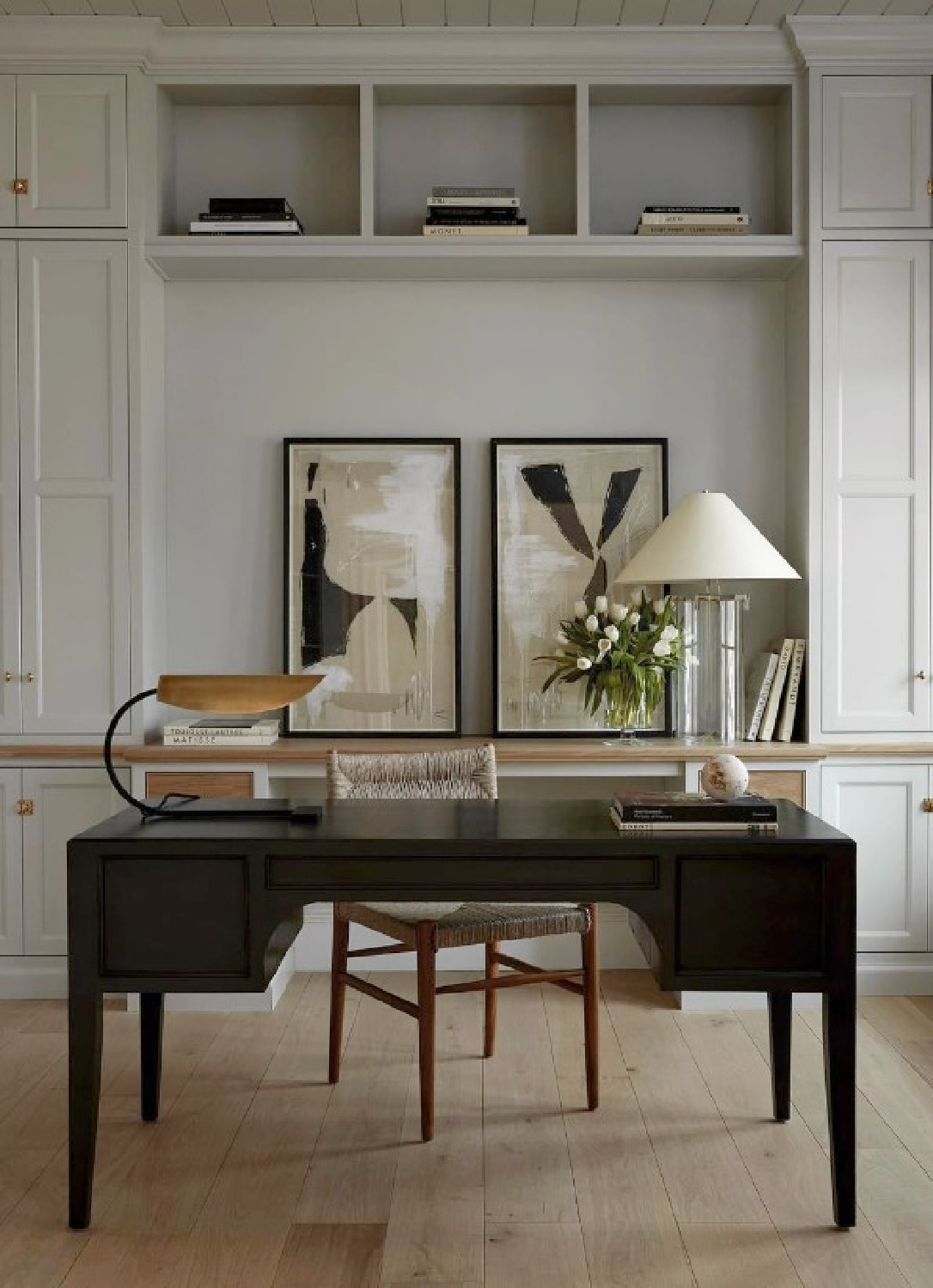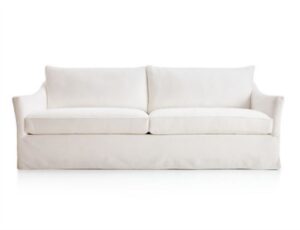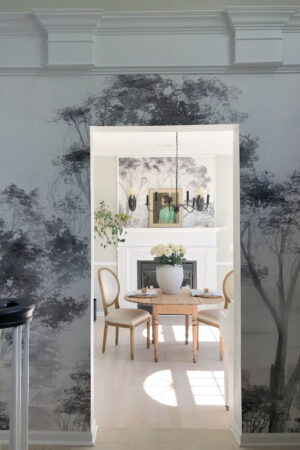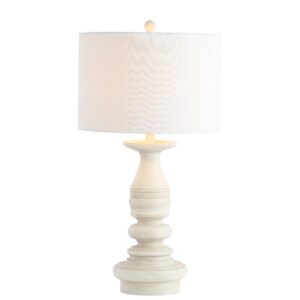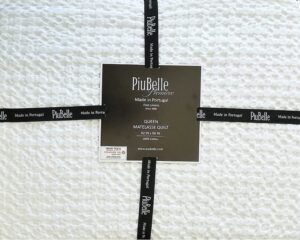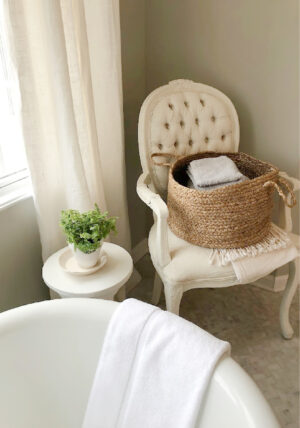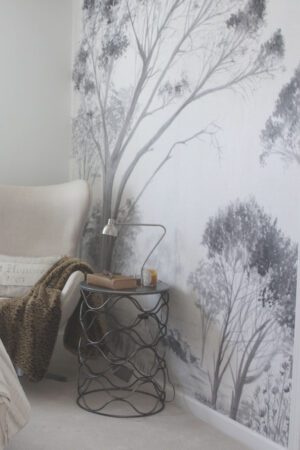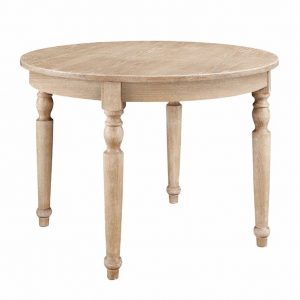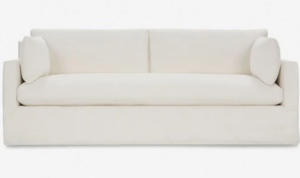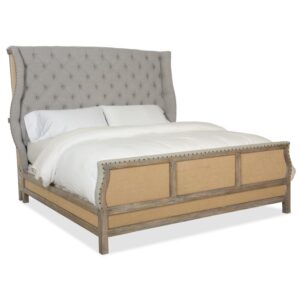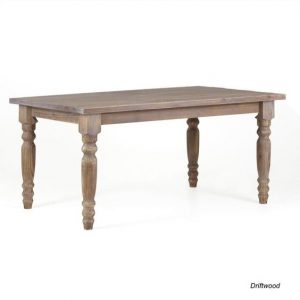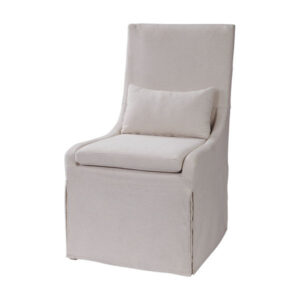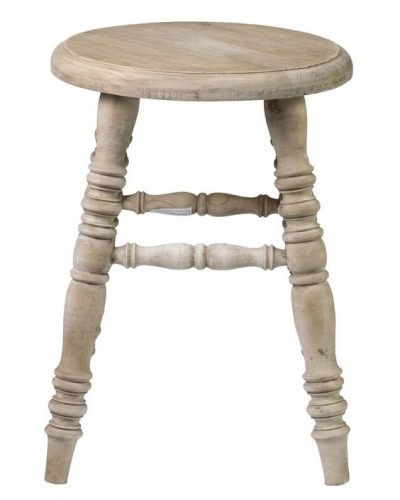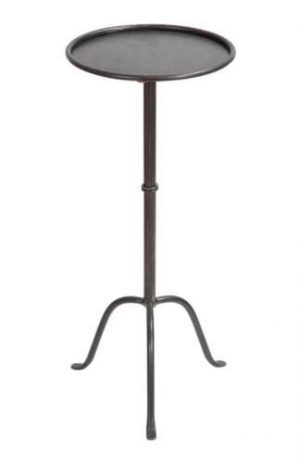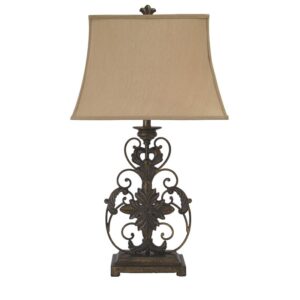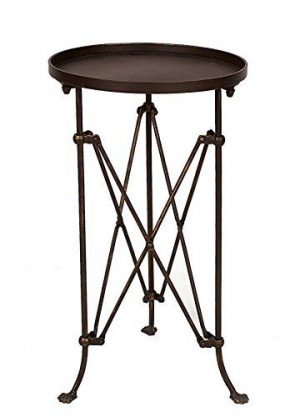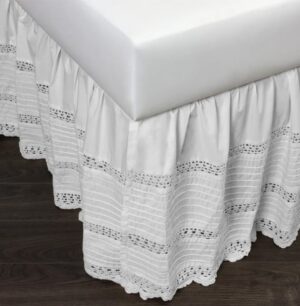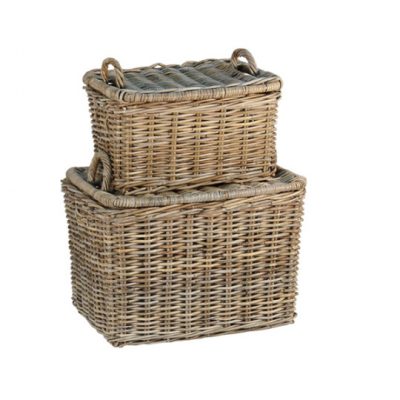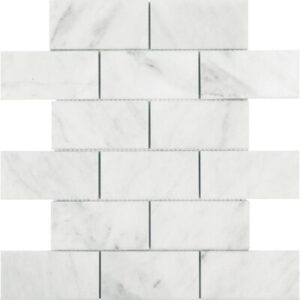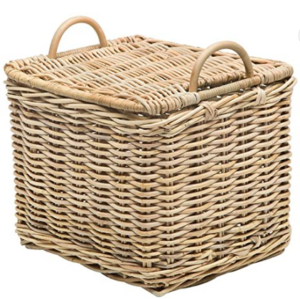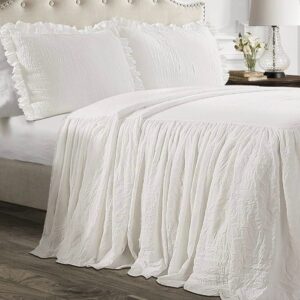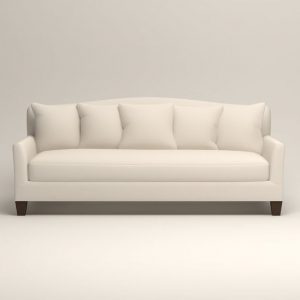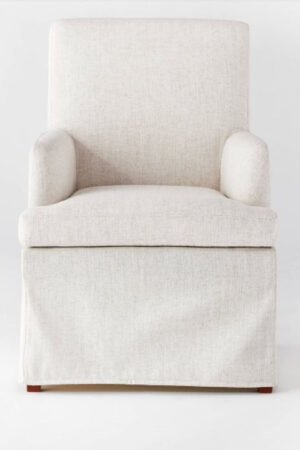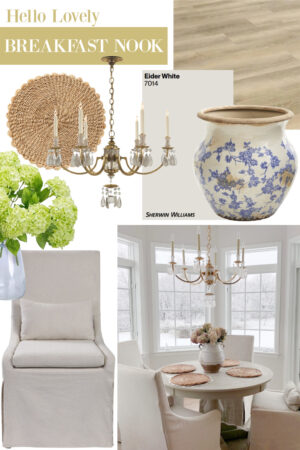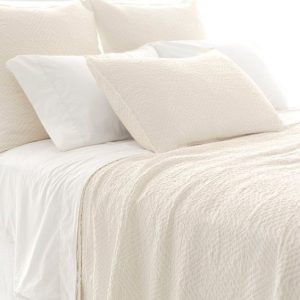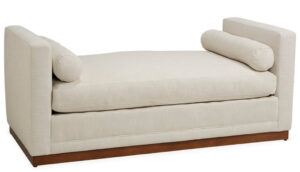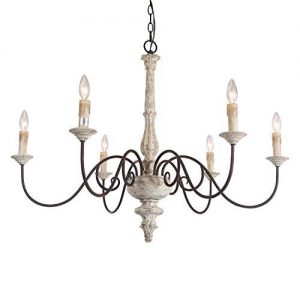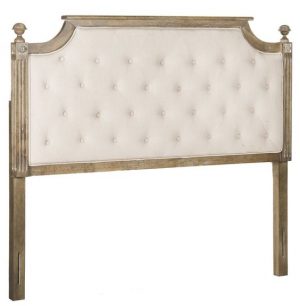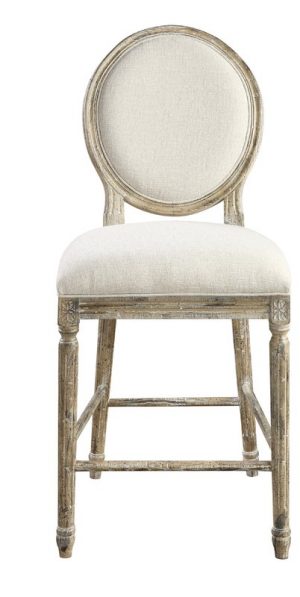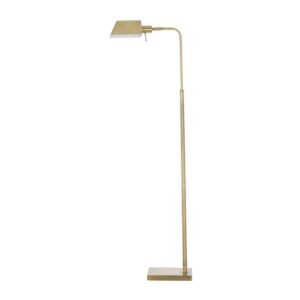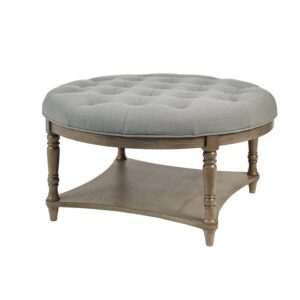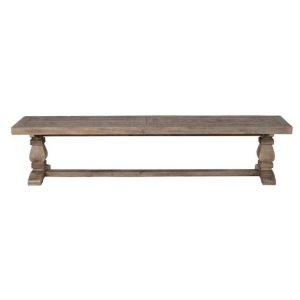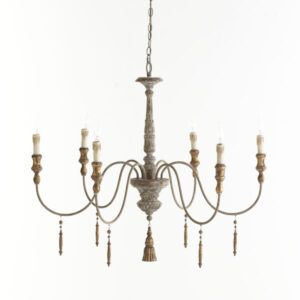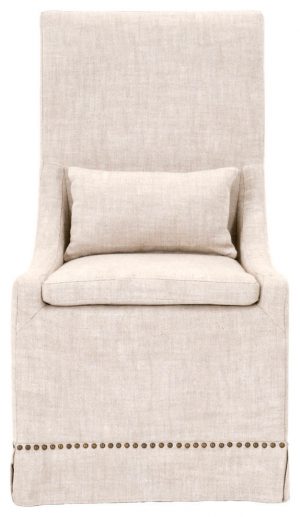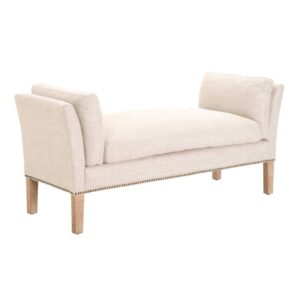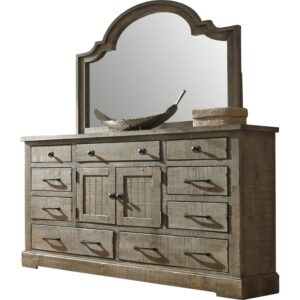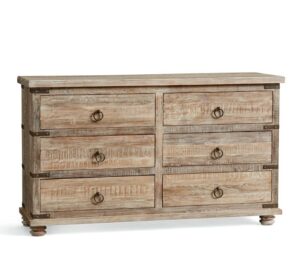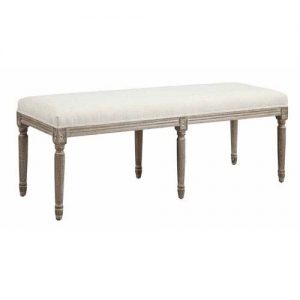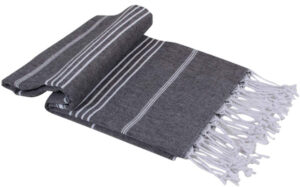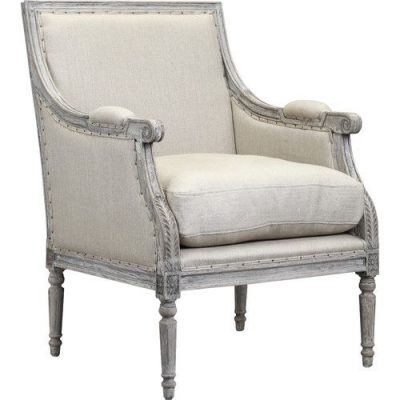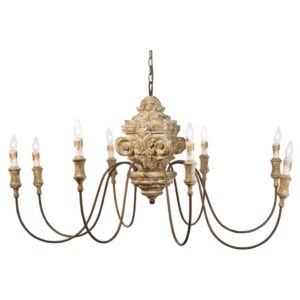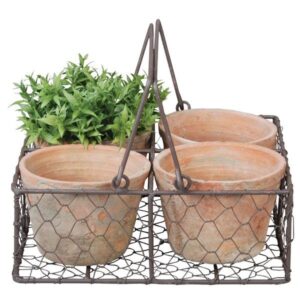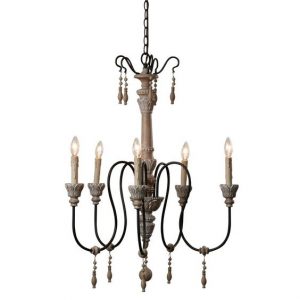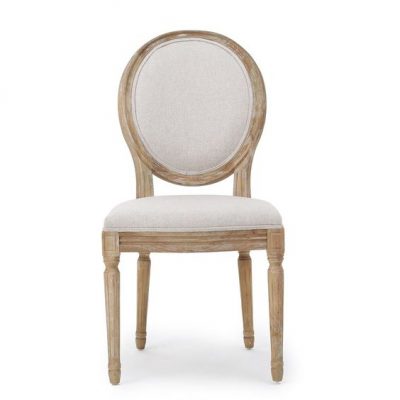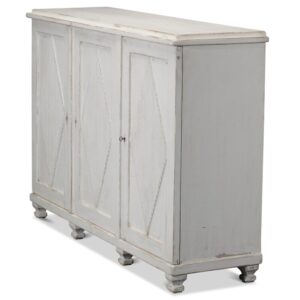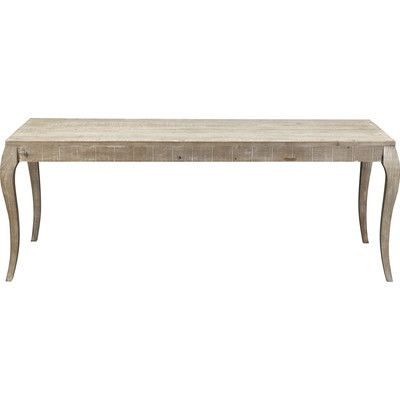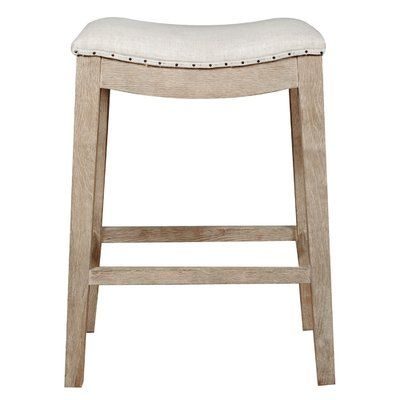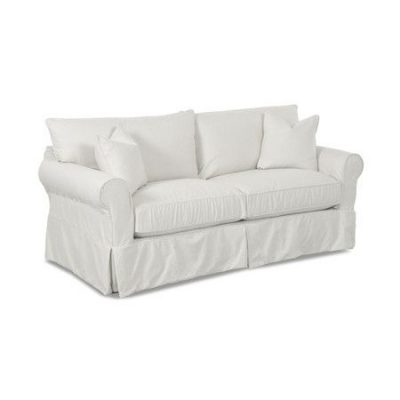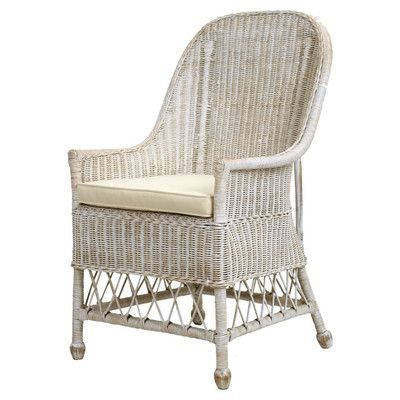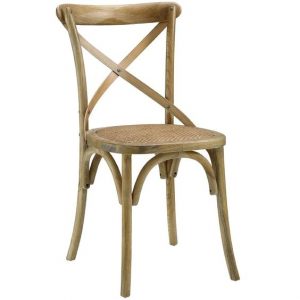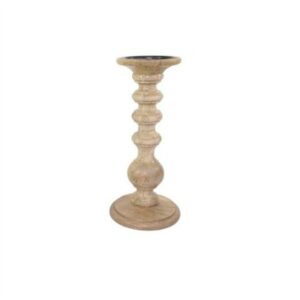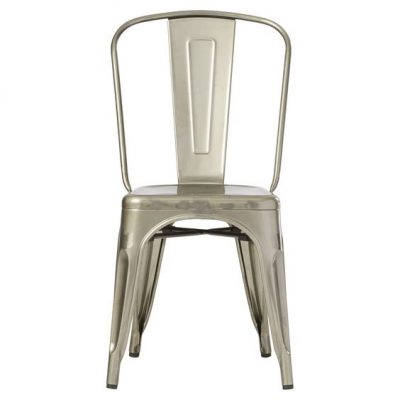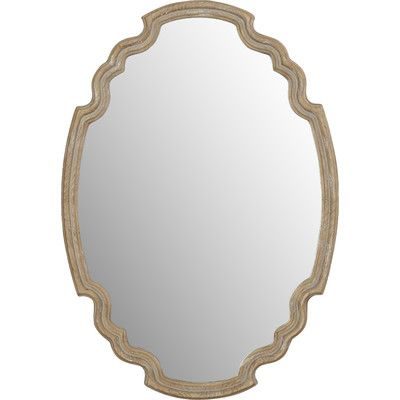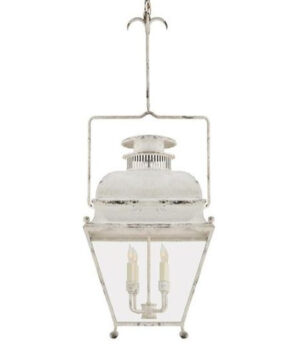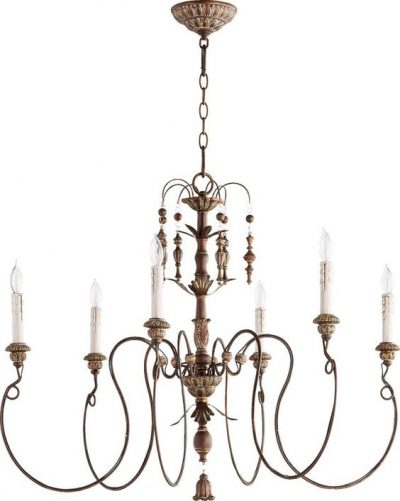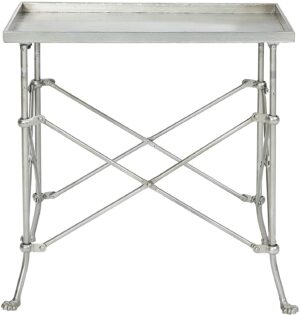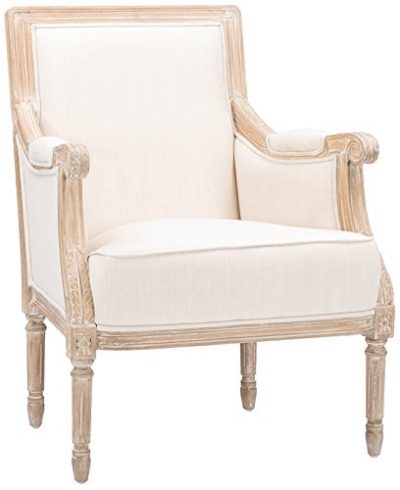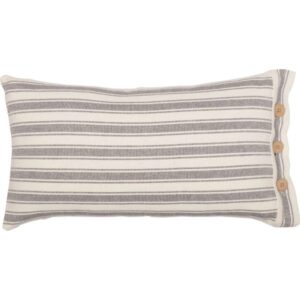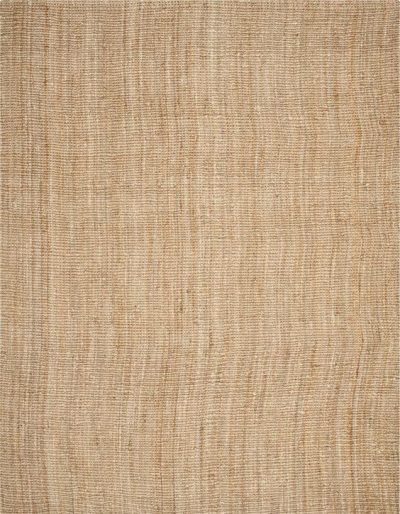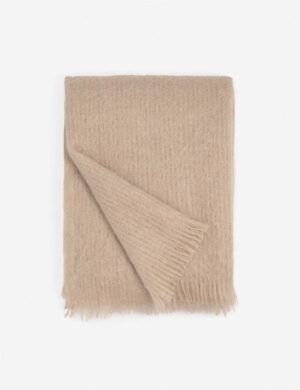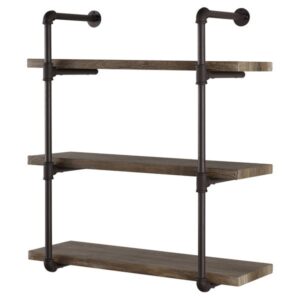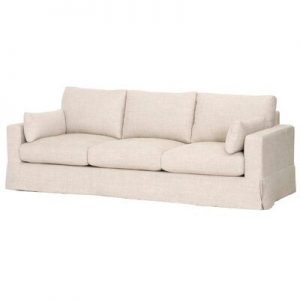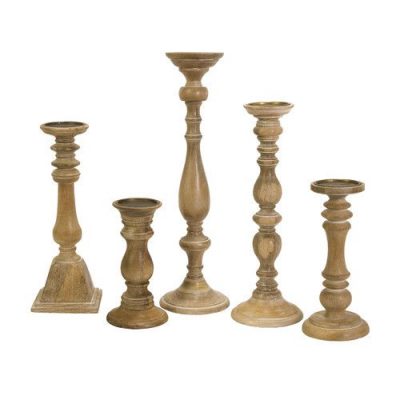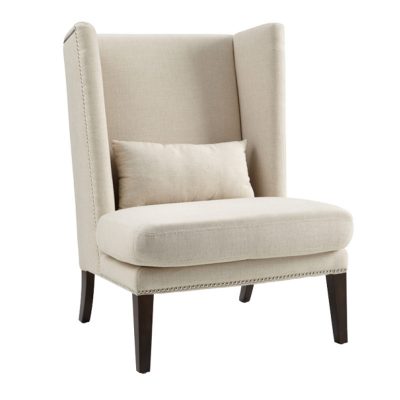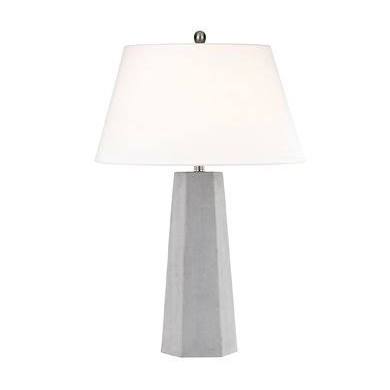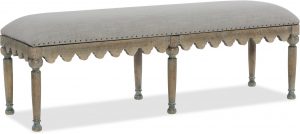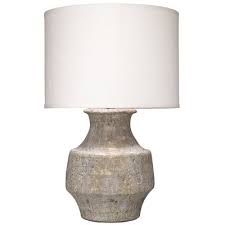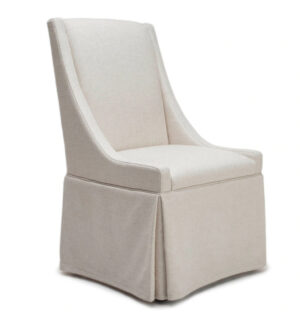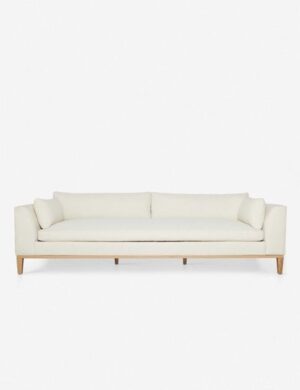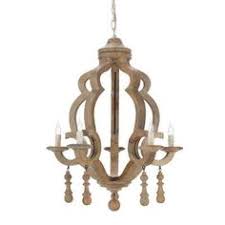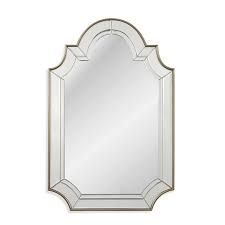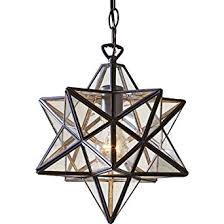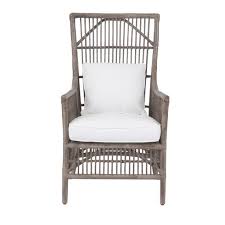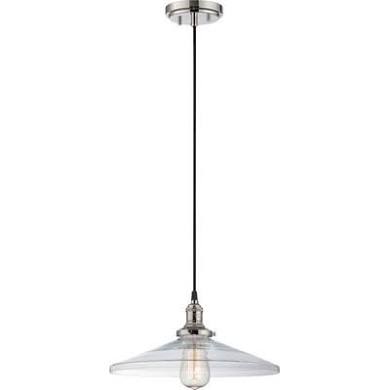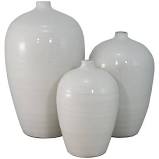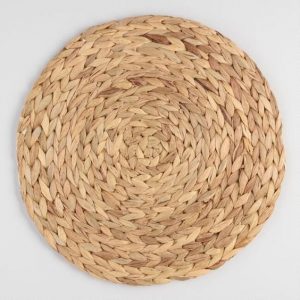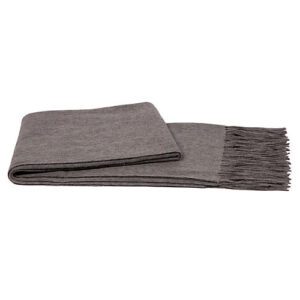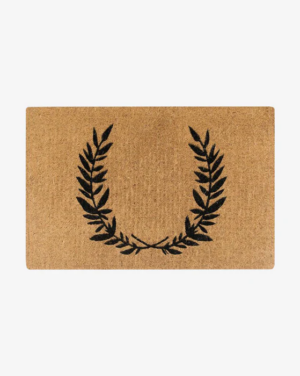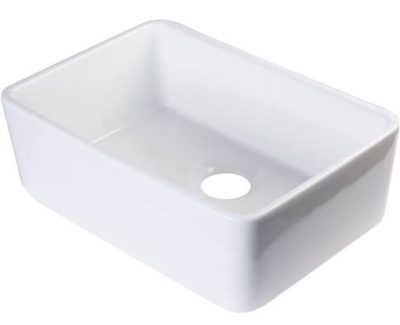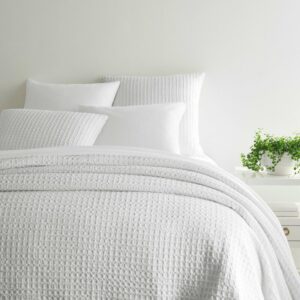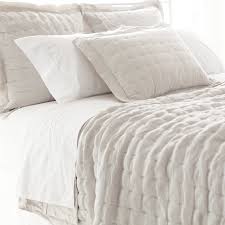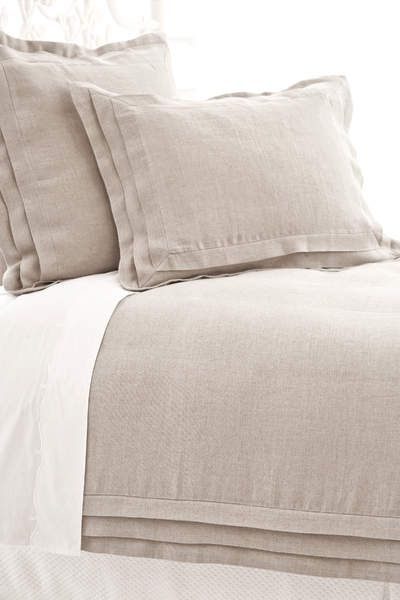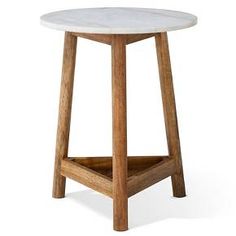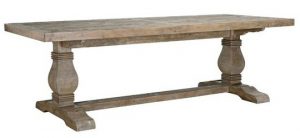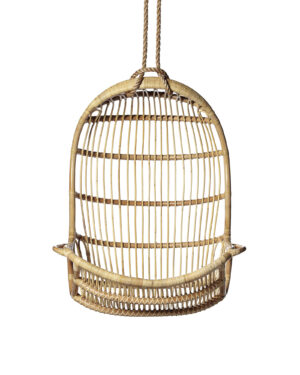With so many of us working remotely, it’s always helpful to see how others spruce up their work areas. Inspiring home offices and paint color ideas ahead! Even if you are starting from scratch and have yet to delineate a workspace at home for office space, you’ll find great advice. Working productively from home can be tricky when you’re short on space, organization, or privacy. These tips for work from home spaces help you mindfully make a plan.
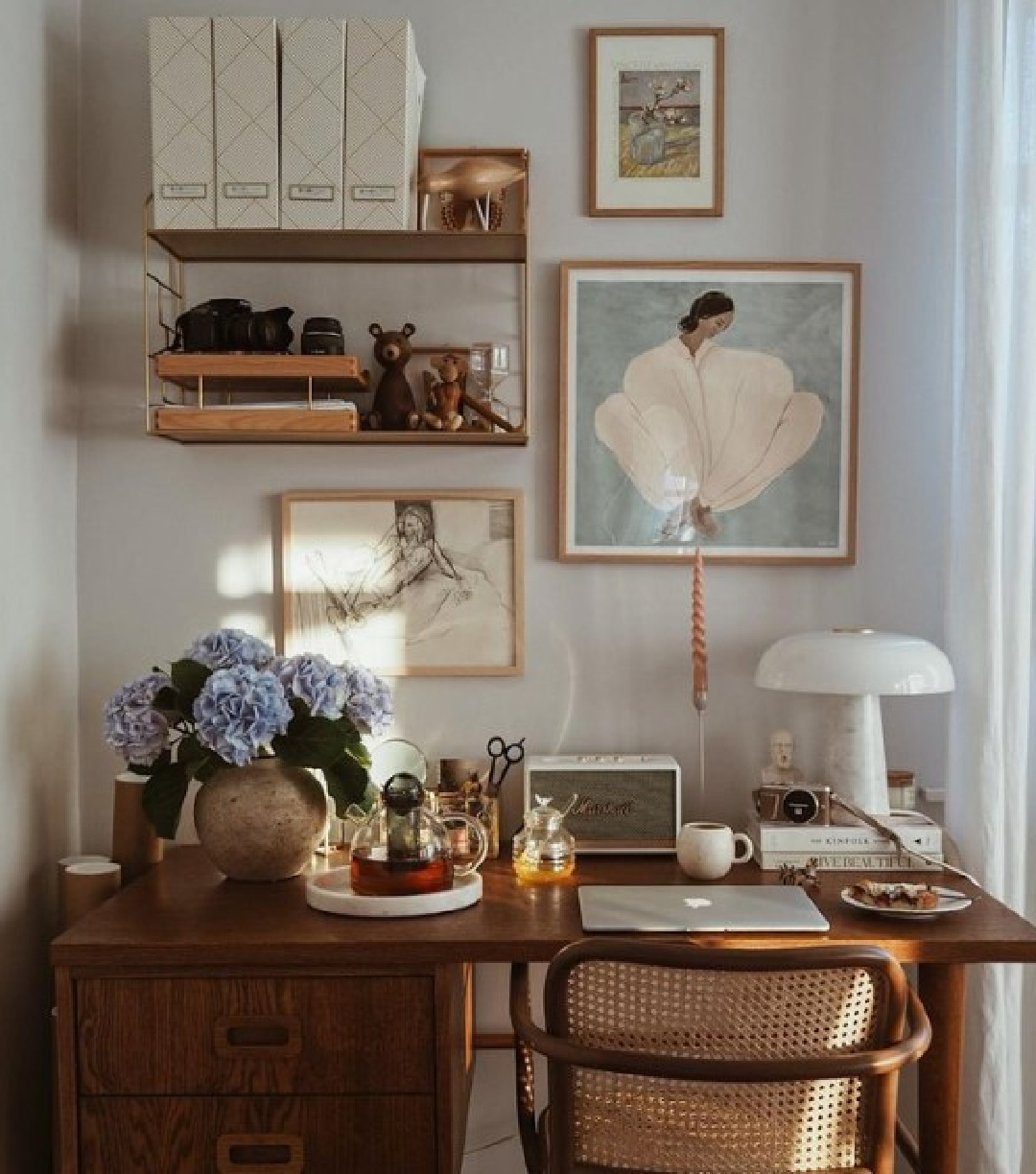
Work from Home Spaces: Inspiration, Design & Solutions
Home Offices & Ideas for Small Spaces
1. Assess Workspace Needs
Before you collect a single inspiring idea, it’s a good idea to first identify your needs. Since function will trump aesthetics, don’t get overwhelmed by what the “look” will be. Instead, accept that after mindfully considering your needs and available space, eventually you’ll be able to be creative with finishing touches to make it look attractive.
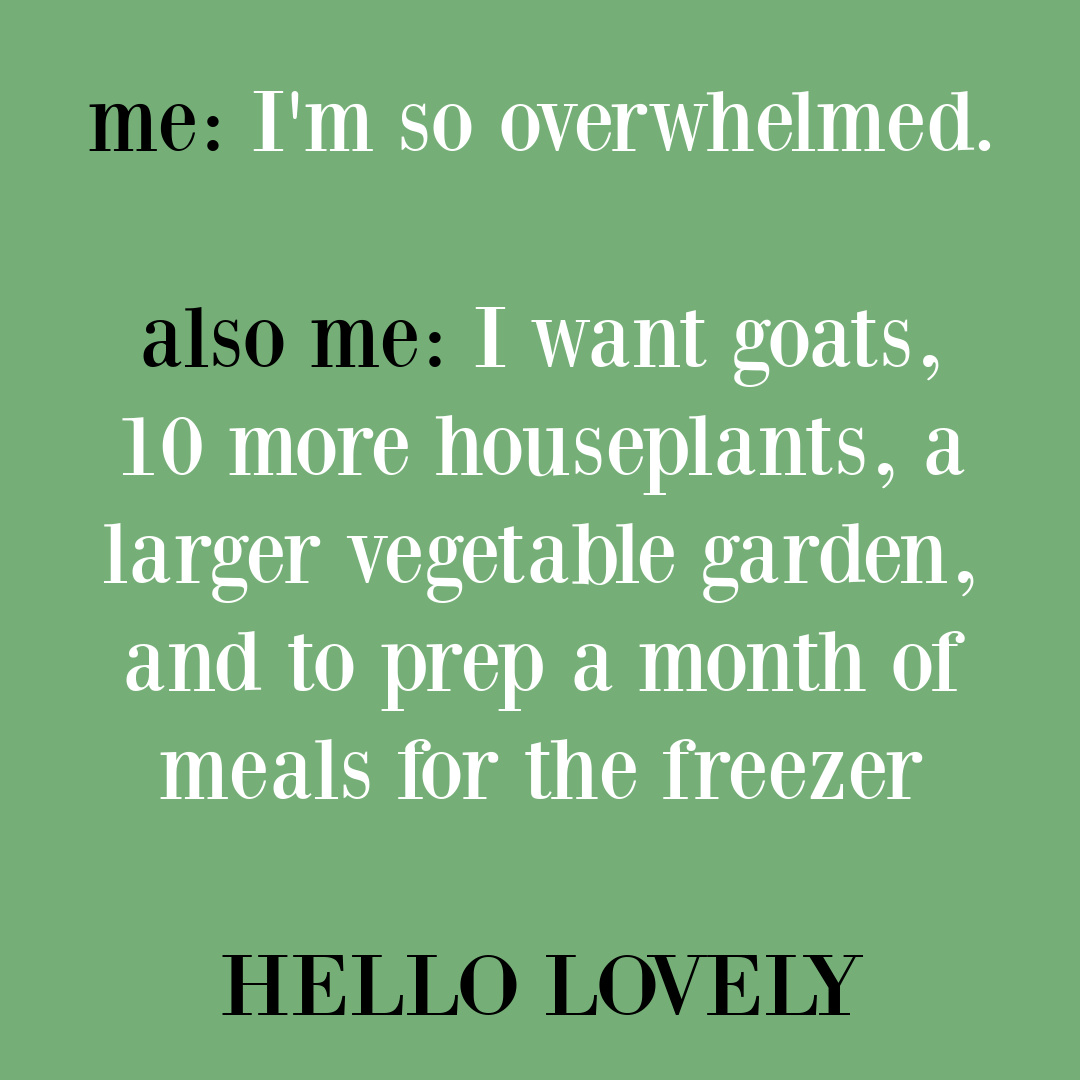
For example, one of my own needs for my workspace at home is a view of nature. Nature is important for my creative process in order to be in the right headspace for creative writing. To stay organized, I know I need my supplies in open bins rather than file cabinets. They are out of sight in the photo below, but I have baskets on the lower shelf of an open console table.

I also know that I don’t do well in spaces where there are energetic or saturated colors. Subdued, subtle, neutrals are the tones that keep me productive and focused. This office/dressing room/closet where I occasionally get work done is painted SW Agreeable Gray, and you can sample it easily with Samplize (link below this image).
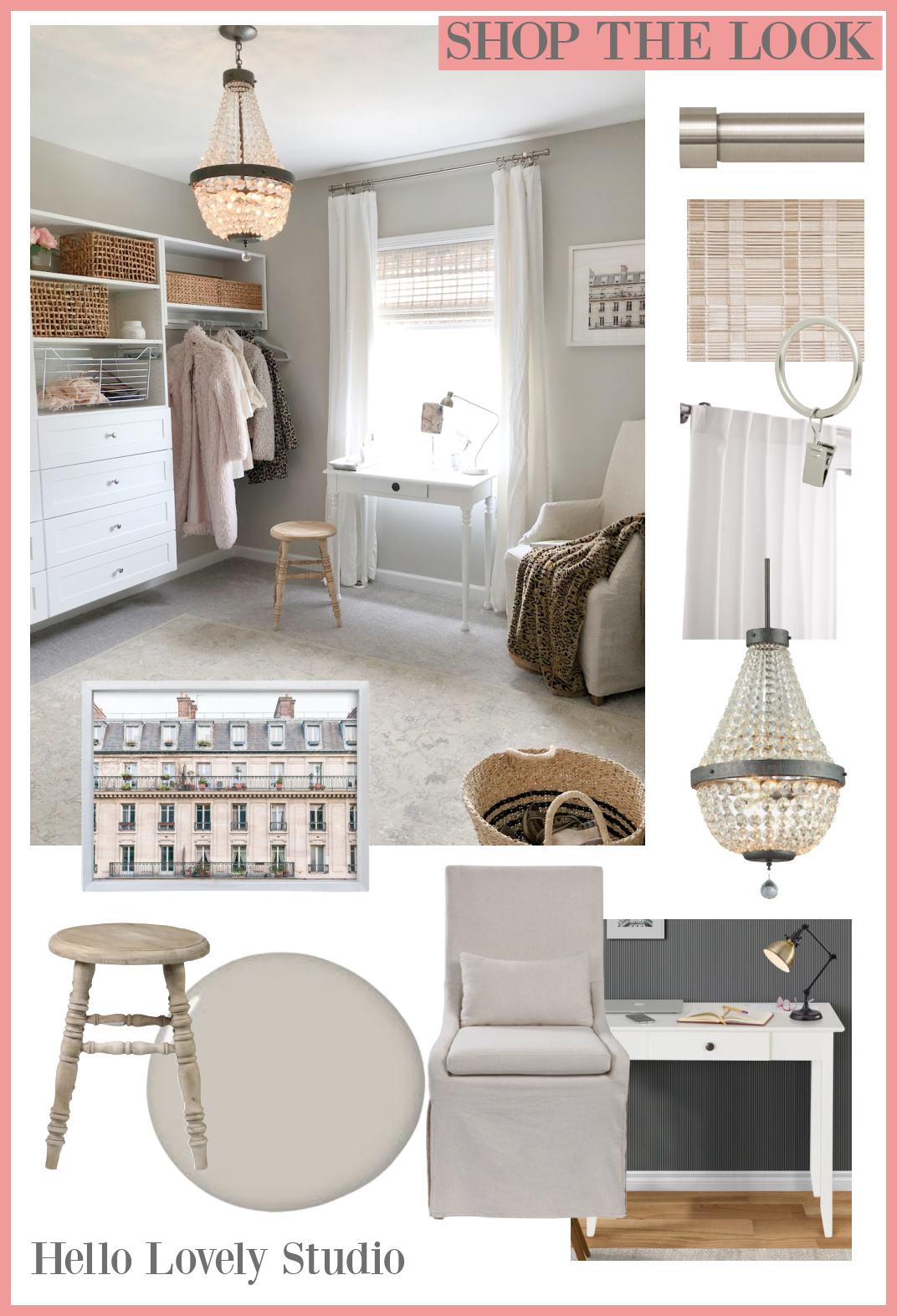
However, my ideal color palette may be all wrong for you. All the greige may be too much of a yawn (or a literal sedative…not so good when it’s work time!). It’s important to know yourself and how colors affect your mood and energy level.

We’re all different, and you don’t want to be in an environment that feels sleepy when you need to be attentive!
2. Calculate Space Requirement
How much space will you require? Have a slew of documents or tools to spread out? Maybe your expansive formal dining room table makes sense. Need more than one desk? A closet probably won’t be ideal. Rely on a single laptop only? A small bedside desk may hold promise.
Where will you feel productive? How important is it for you to have quiet focus? Will you meet with clients or offer services in your workspace? Spare bedrooms, closets, quiet corners, stair landings, and even outbuildings are all possibilities. Underutilized space in halls, nooks, foyers, or pantries may also work.
Will there be adequate separation? It is truly a bonus if you are able to step away from the space and forget about work! Is the office area removed from noise, pets, and people?
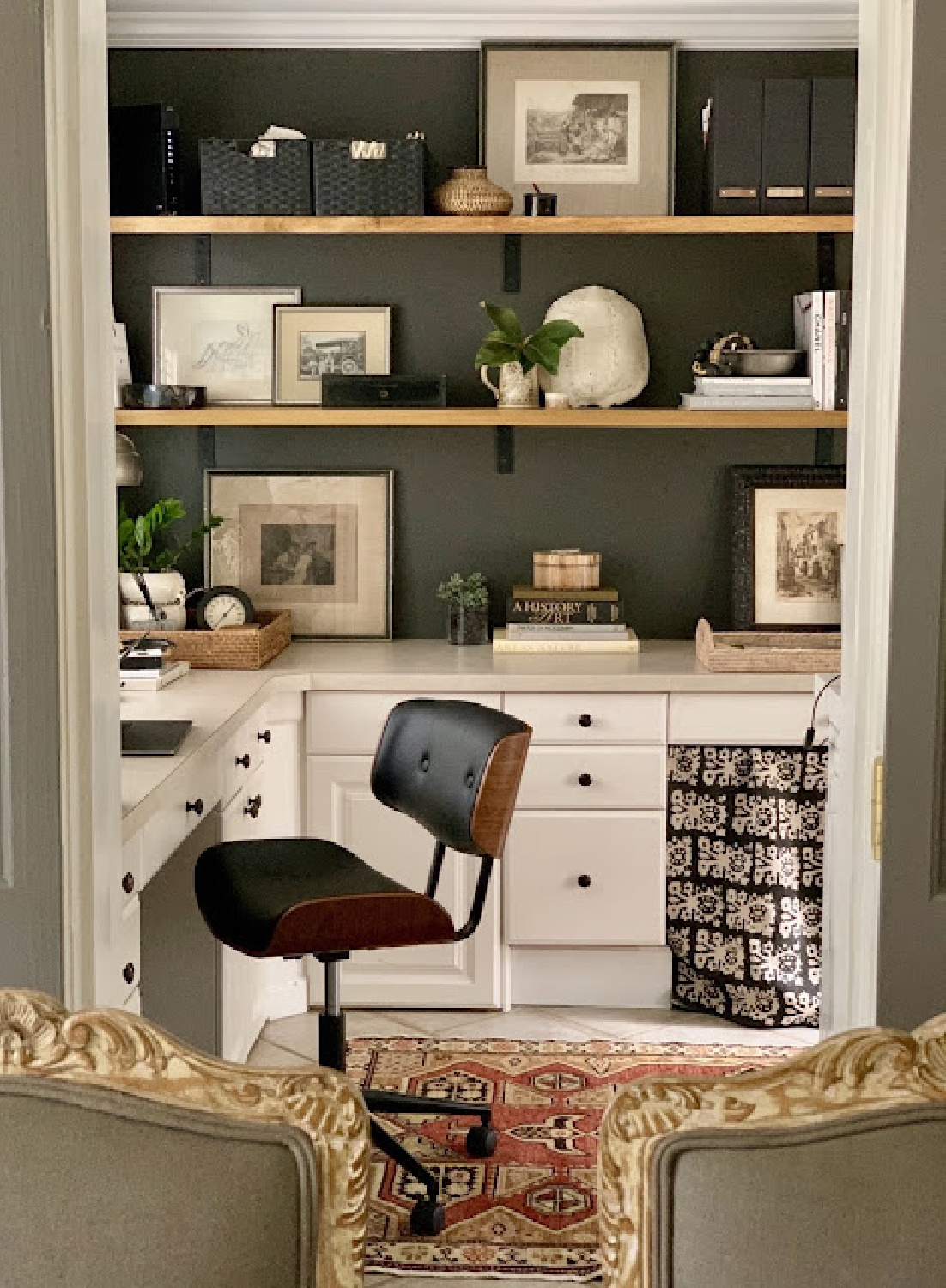
3. Ideas for Carving Out Workspace at Home
Need privacy within the room? Sometimes a screen or bookcase provides the right bit of separation to define a zone for work.
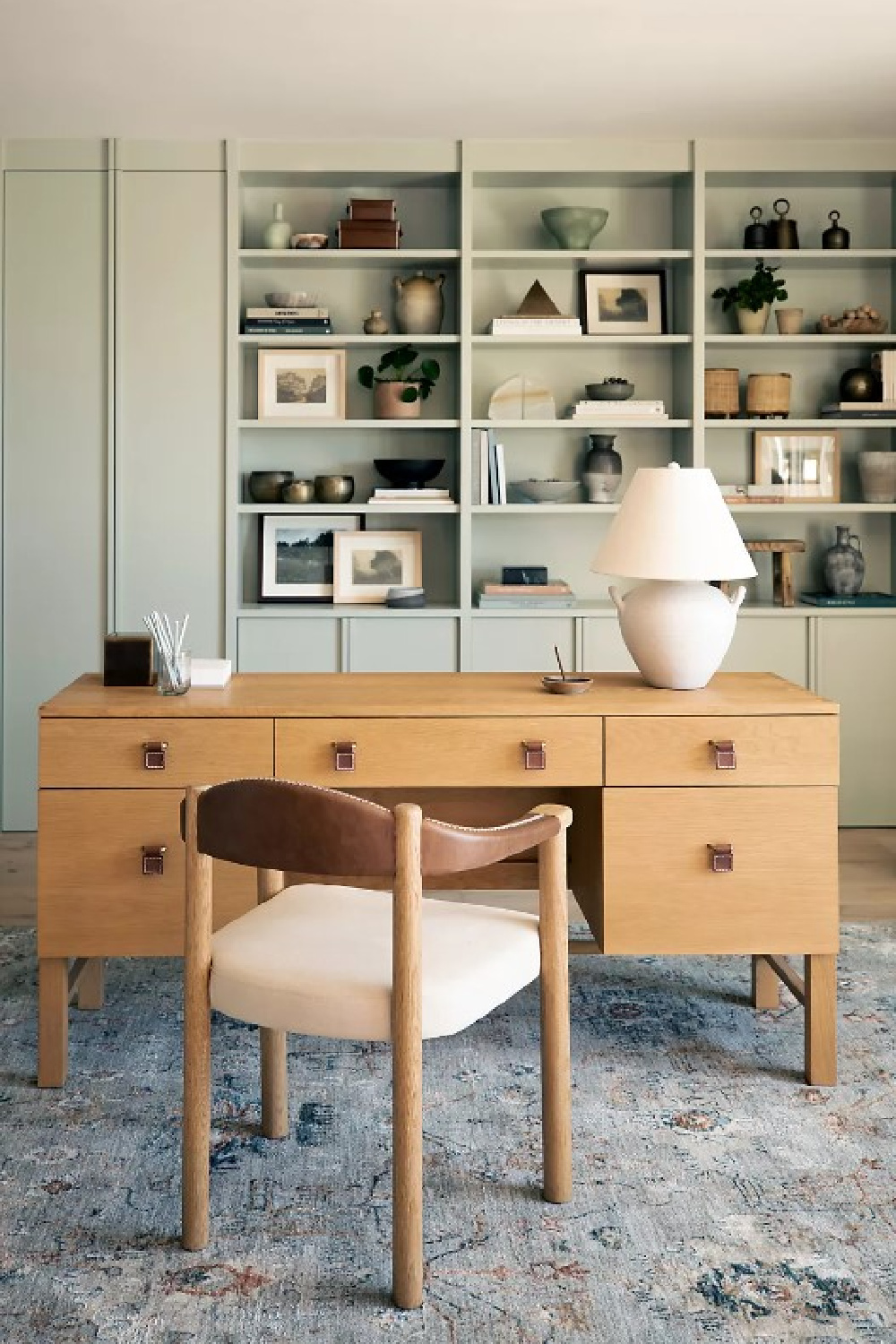
Corner desks. Is there a corner to work in a living room, great room, or den? Sometimes a corner desk will bring coziness to an otherwise dim corner.
What’s the best view for you personally? Think about arranging furniture so your view is not cluttered with distractions. What to do about a view of a blank wall? Keep reading.
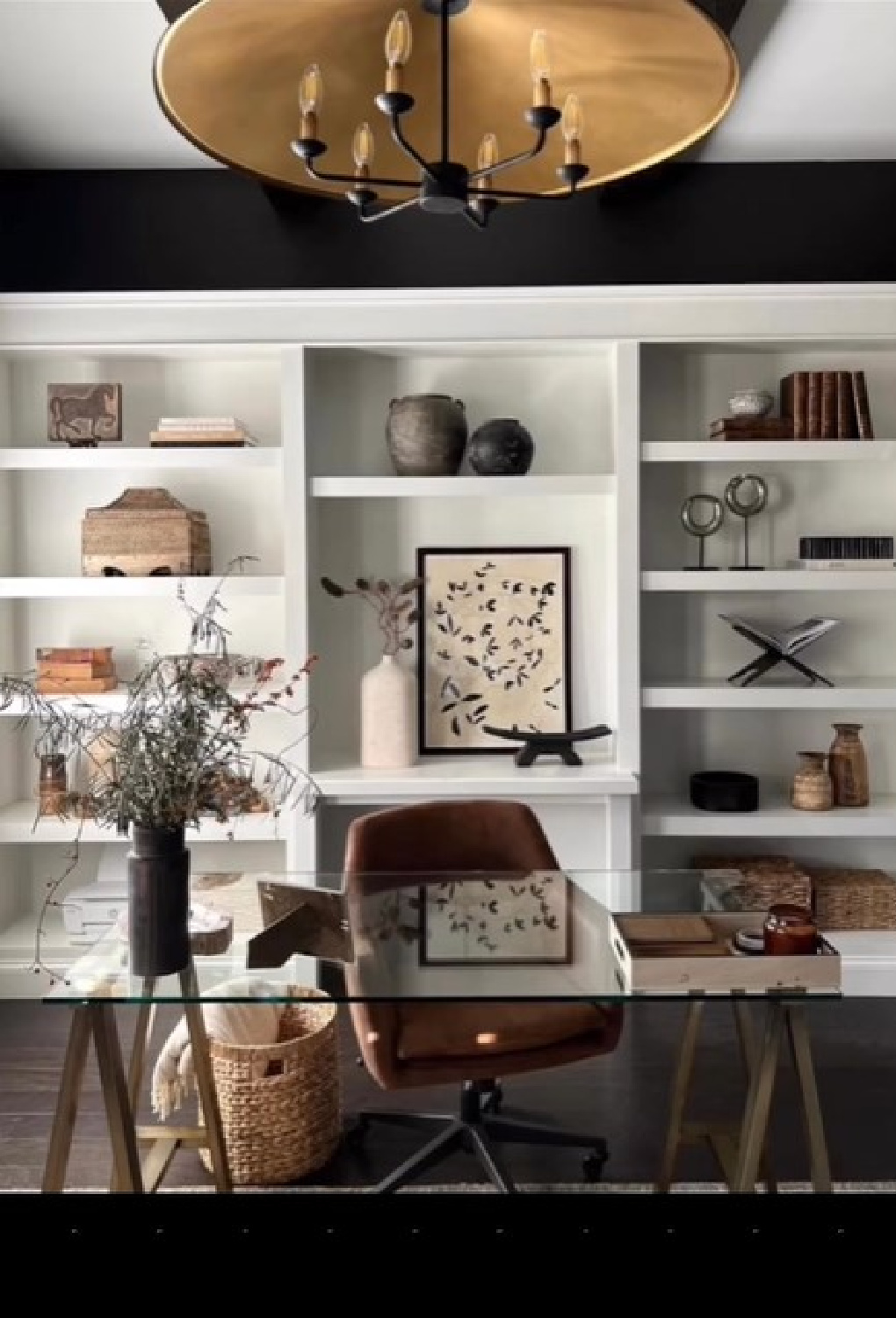
Closet office or “cloffice” possibilities. Sometimes it makes sense to utilize closet space. (Can the belongings in it be stored in under-bed roll outs to make space for workspace?) The closet doors will keep work out of sight when closed, and small closets offer vertical space for shelves, cabinets and supplies. A power strip run from a nearby outlet is often adequate, and you can creatively personalize the nook (bring a hanging plant into the mix!).
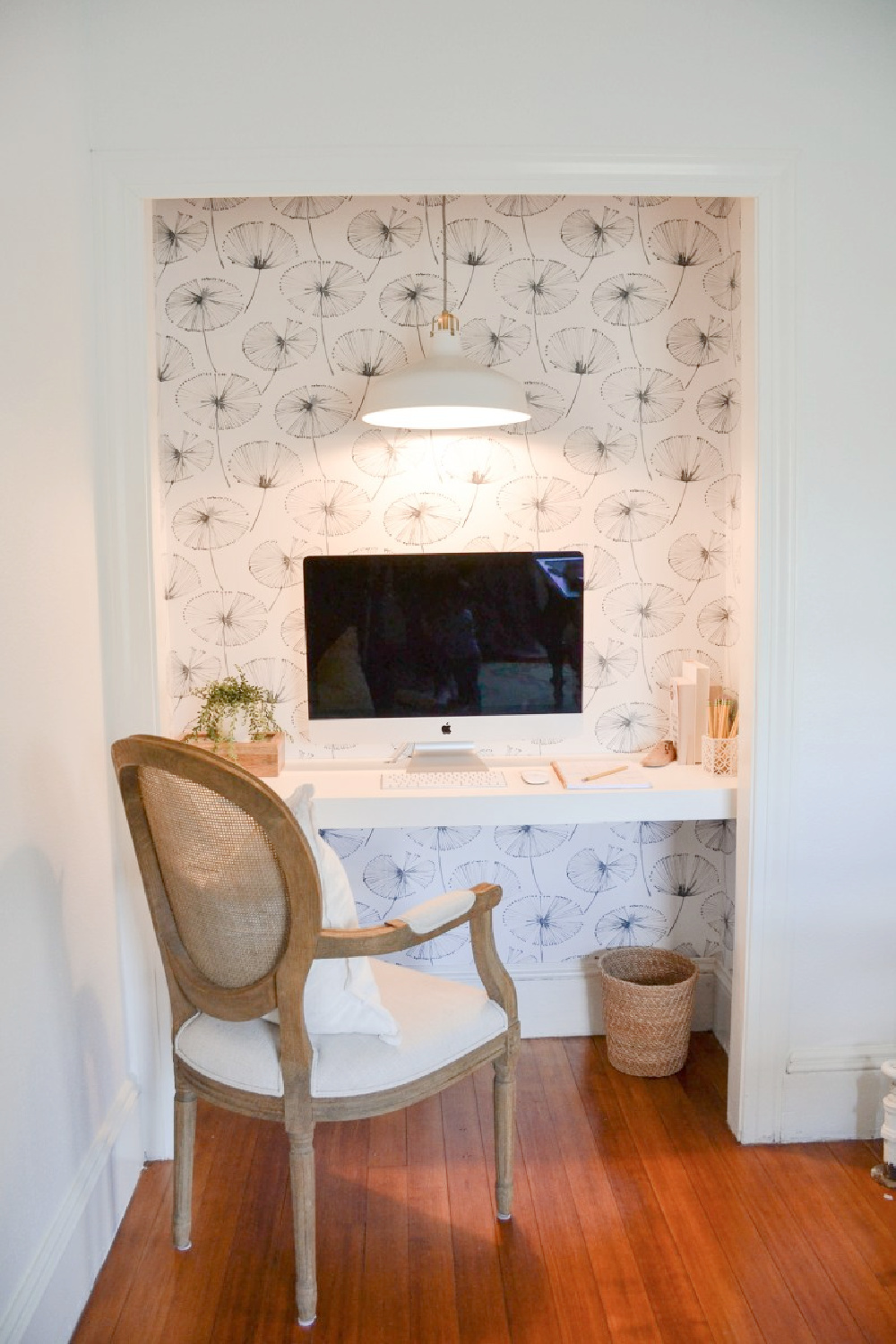
Furnishing Solutions for a Small Workspace
4. Workspace Furniture
Space saving desk solutions. There are innovative desk solutions to discover including Murphy style, floating, and wall-mounted convertible desks. They can sometimes prevent your workspace from taking over your home’s square footage.
Even though this is a kids room, you’ll get the idea of how a wall-mounted desk conserves space:
If you live in a smallish home without a dining room, maybe a new desk can also double as the dining table.
Here’s a streamlined possibility that would work as a multi-purpose surface:
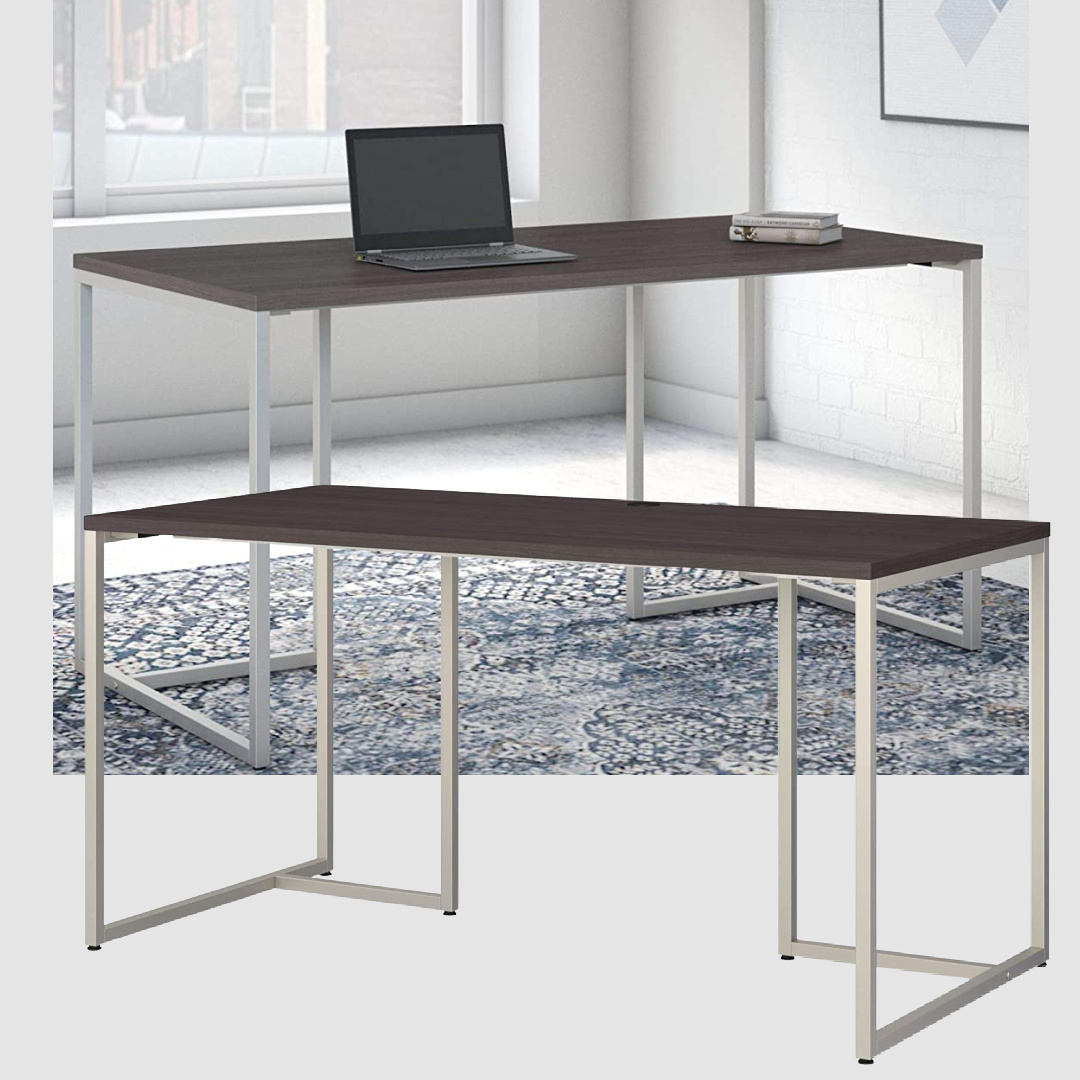
Browse Desks that Will Feel Native to the Space. Rather than limit yourself to “office furniture” searches, look at pieces that won’t stand out from the rest of your furnishings. If you work from a small laptop, a smaller scale secretary or writing desk may function well next to a bed.
Modern and minimal styles like this industrial one keep the look airy and light:
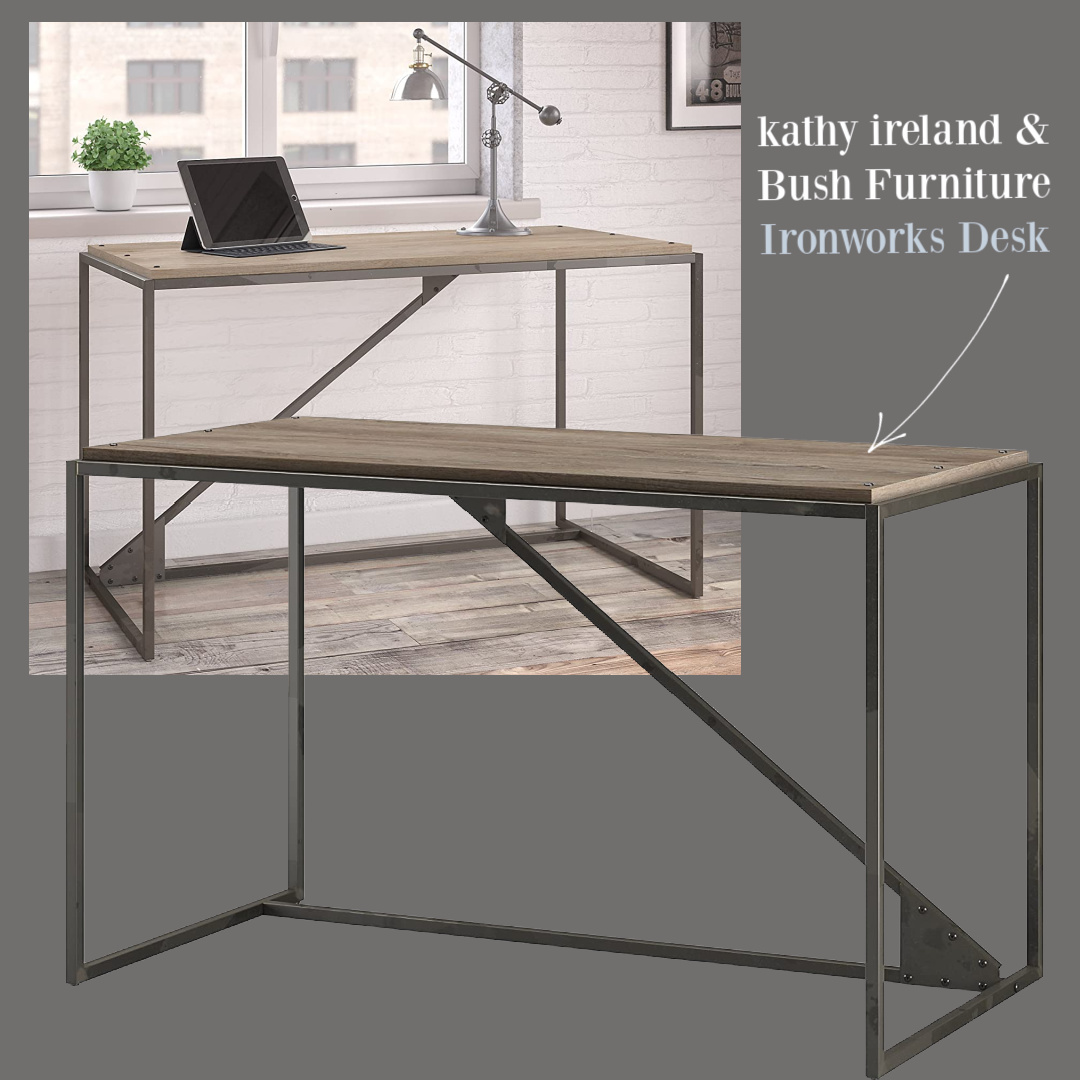
Smart closet desk DIY. Need an affordable custom desk in a closet? An off the shelf laminate countertop from warehouse stores may be a smart solution. Wood supports on walls at either end within the closet can support such a countertop desk.
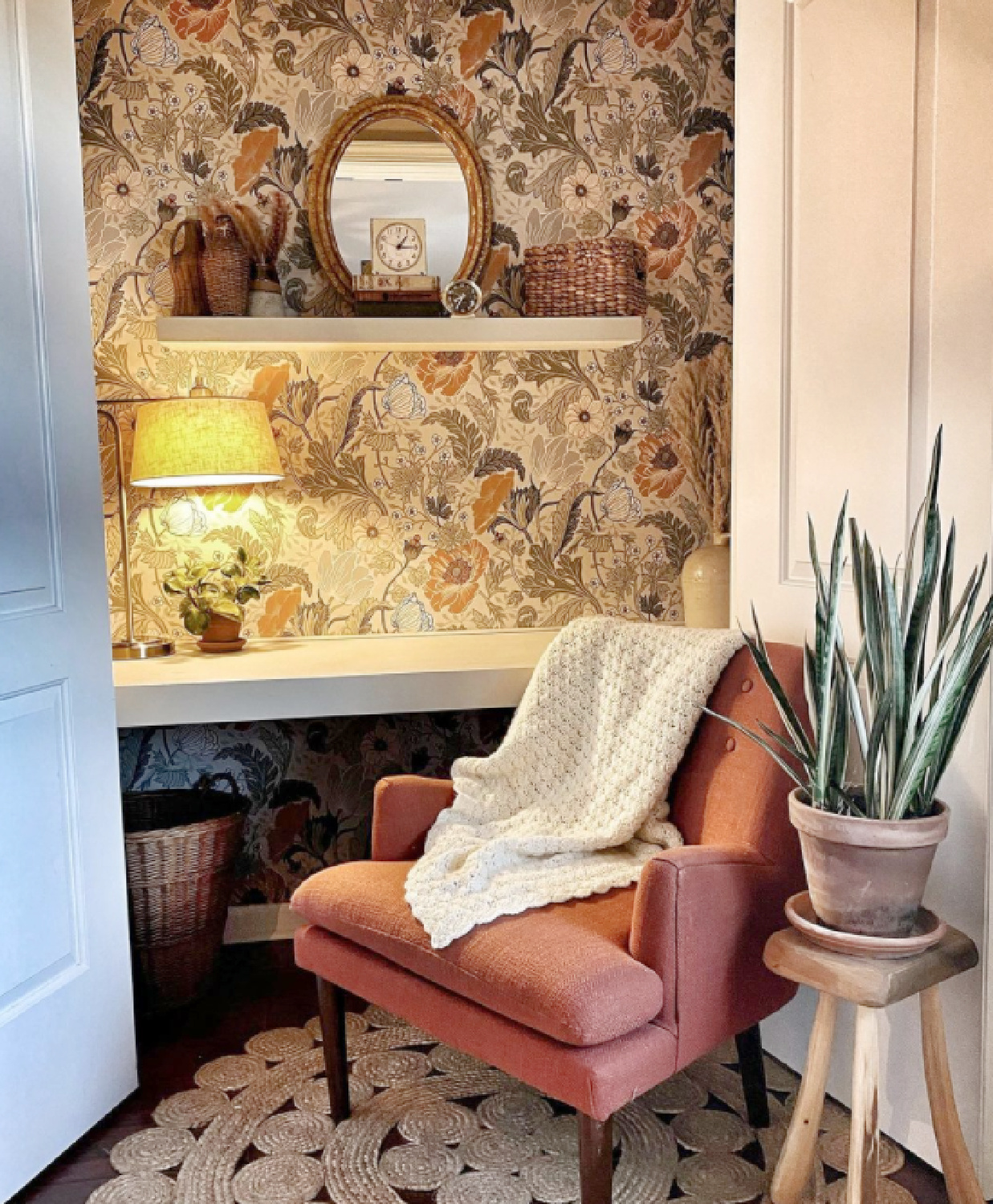
5. Lighting
Don’t underestimate smart natural and artificial lighting. If you have worked in a space with insufficient light, then you know. Ugh. Best exposure? Southeast or easterly exposures. Also, be sure you spend some time testing out lighting for visual conferencing.
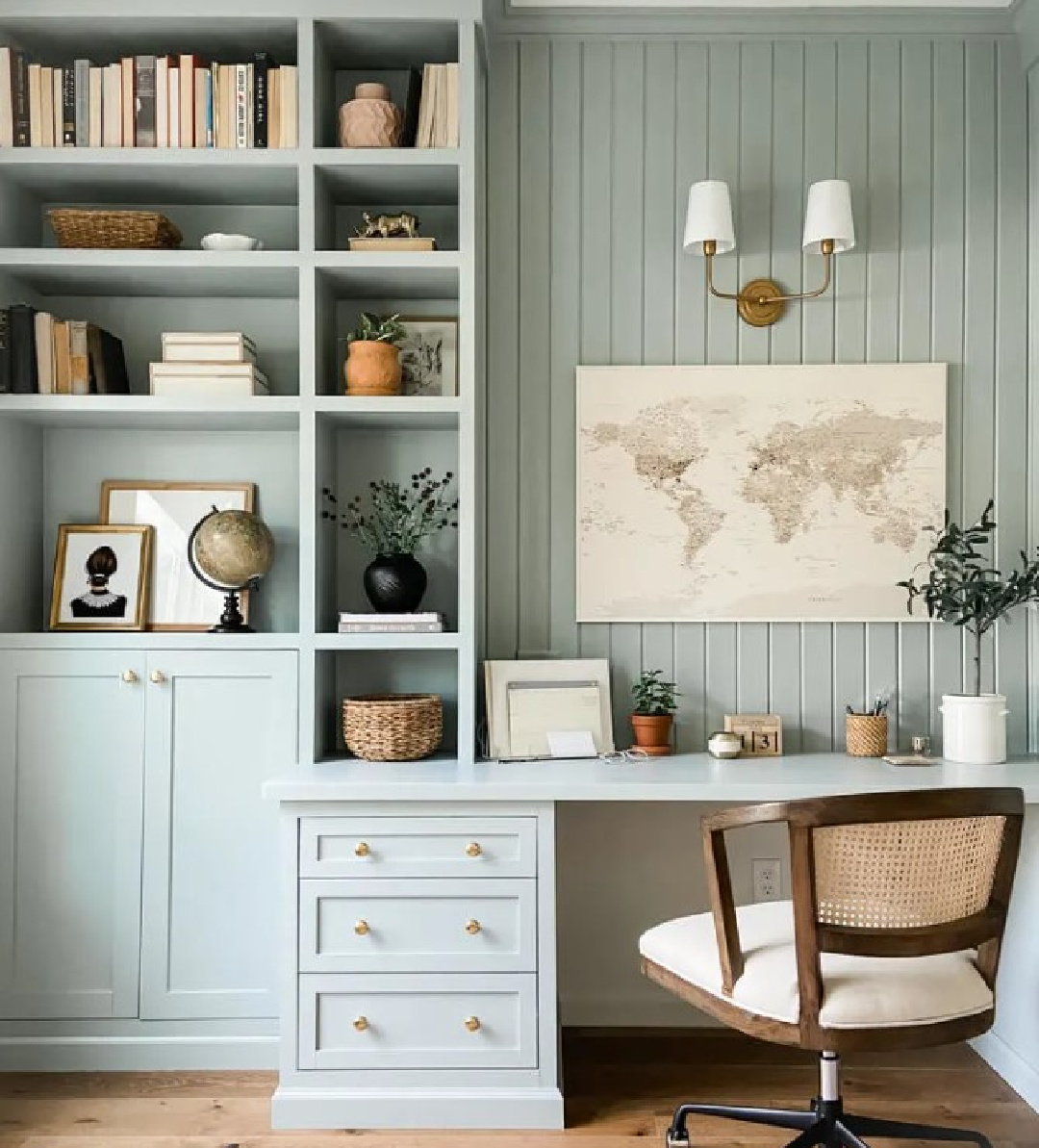
Task light matters. Adjustable lamp heads and and task lamps with arms to direct light where you need it make a huge difference. Look for desk lamps with bases that function as wireless charging stations for added convenience (just picked up a desk lamp with built-in charger at Homegoods for $12!).
Floor lamps are unsung heroes. Don’t forget about ambient light. For example, floor lamps can transform dark corners and create a pleasant mood with a comforting glow.
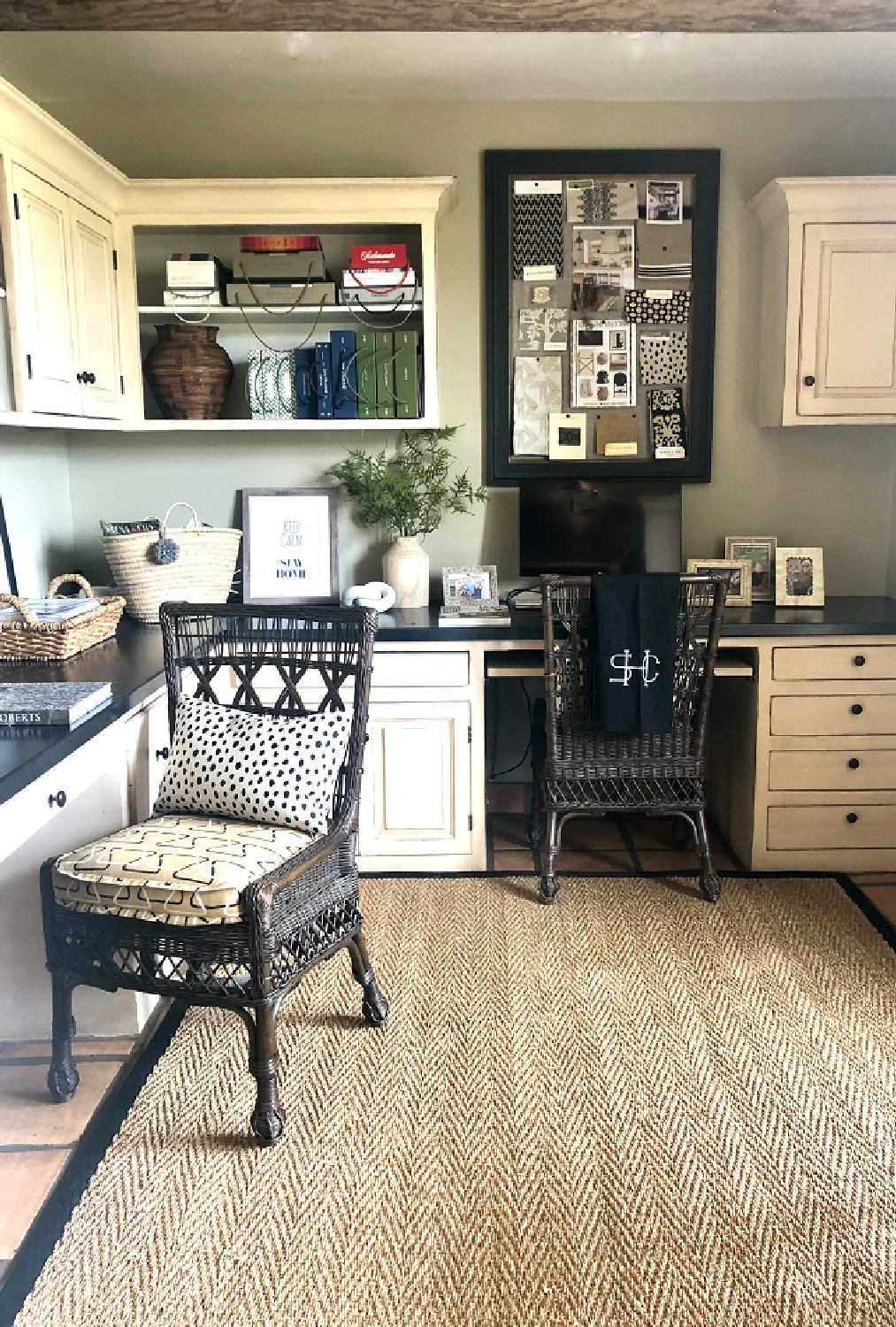
6. Cords & Organizing All the Stuff
Corral the clutter. What helped me get a handle on home organization, including office stuff? A no-nonsense book to help me identify my organization style called The Clutter Connection (Mango, 2019) by Cassandra Aarssen. Is your issue maintaining order once you have spent a bunch of time getting organized? It may be you need this book to help you put in place the just right organization systems for your personality, not the organization book author’s.
Manage unruly cords. A cable management box with a power strip inside keeps cords and cables tidy.
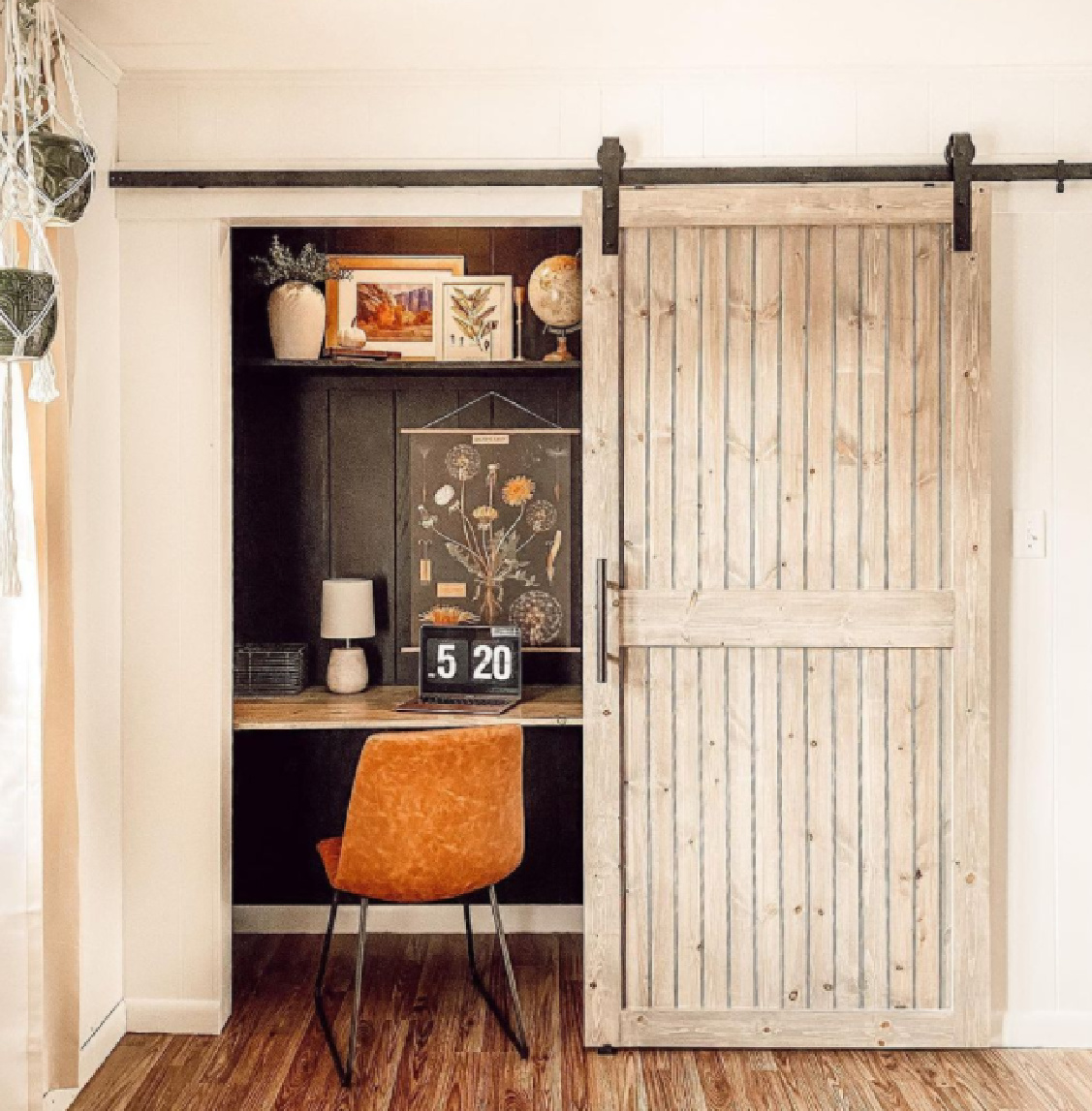
7. Tech & Tools
Plan to scan if you can. Unless hard copies are essential, consider scanning for digital copies. A wireless printer also keeps things visually calm.
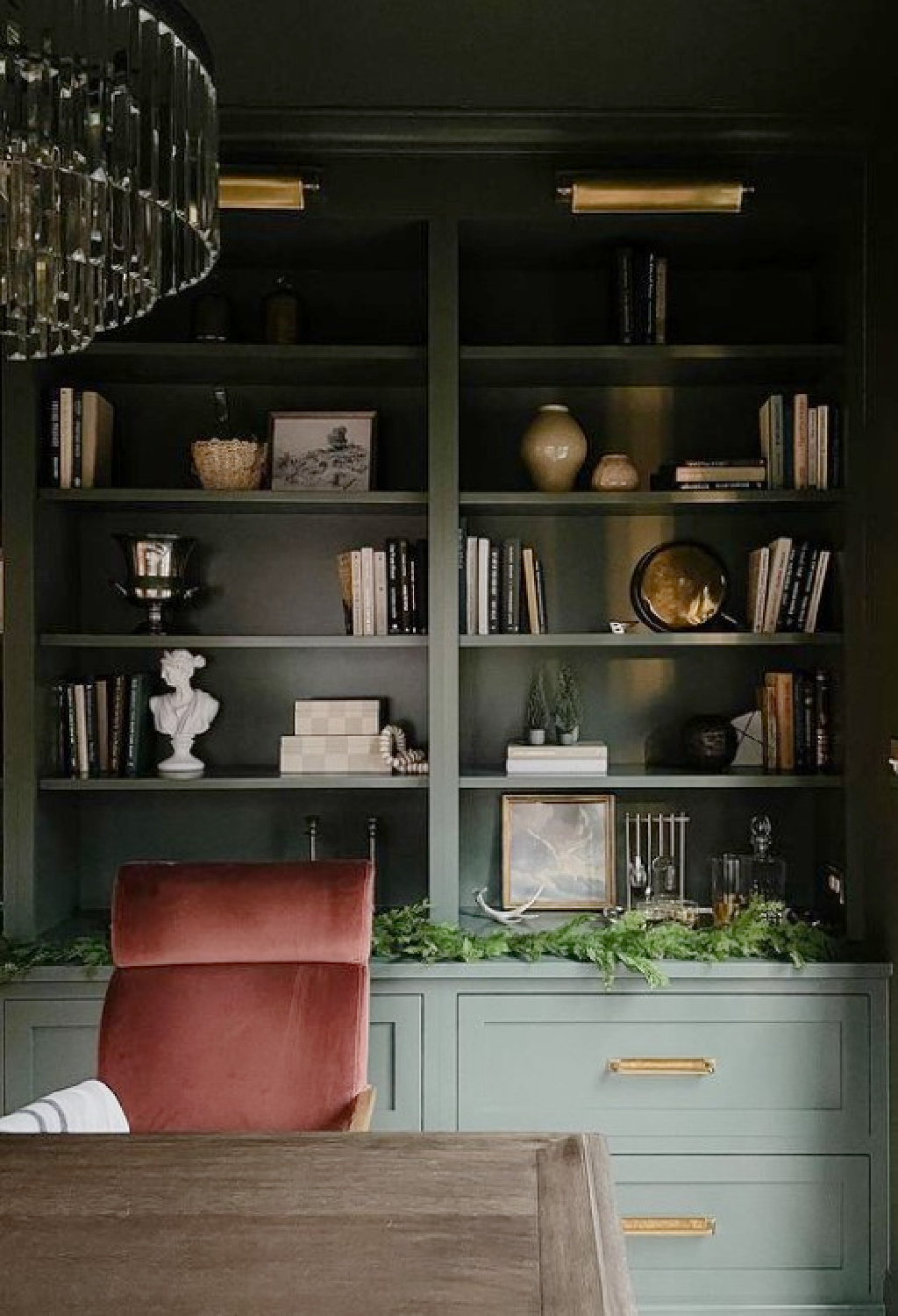
Noise pollution. Resolve noise issues for improved concentration and professionalism. In addition to noise-canceling headphones, sound-deadening panels or carpet to absorb sound may help. Upgrade a hollow-core door to a solid one. Paint walls with special sound-proofing paint (yep, it exists). Need to mask annoying sounds? Consider a white noise machine.
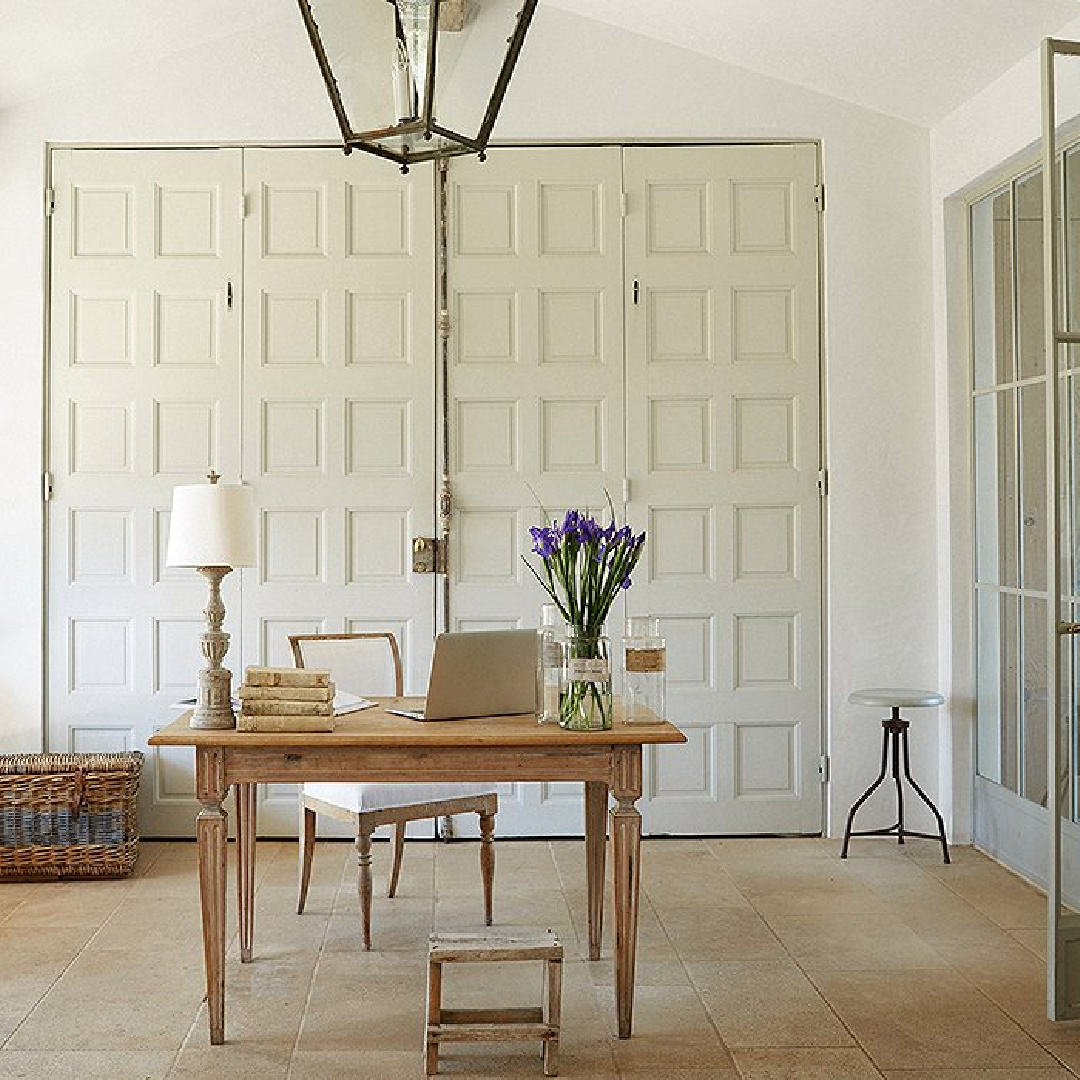
Make it Personal With This Decorating Advice
8. Workspace Decor Ideas
No fuss decorating approach. Your workspace’s décor should (1) feel unfussy and (2) increase well-being. Color, art, and accessory ideas follow.

Neuroaesthetics. As if we even needed neuroscience research to confirm it…viewing art is good for health and wellness. In fact, art is effective stress-relief (Experimental Biology and Medicine, 2019). Adding artful layering to your space is worth the thought and energy.
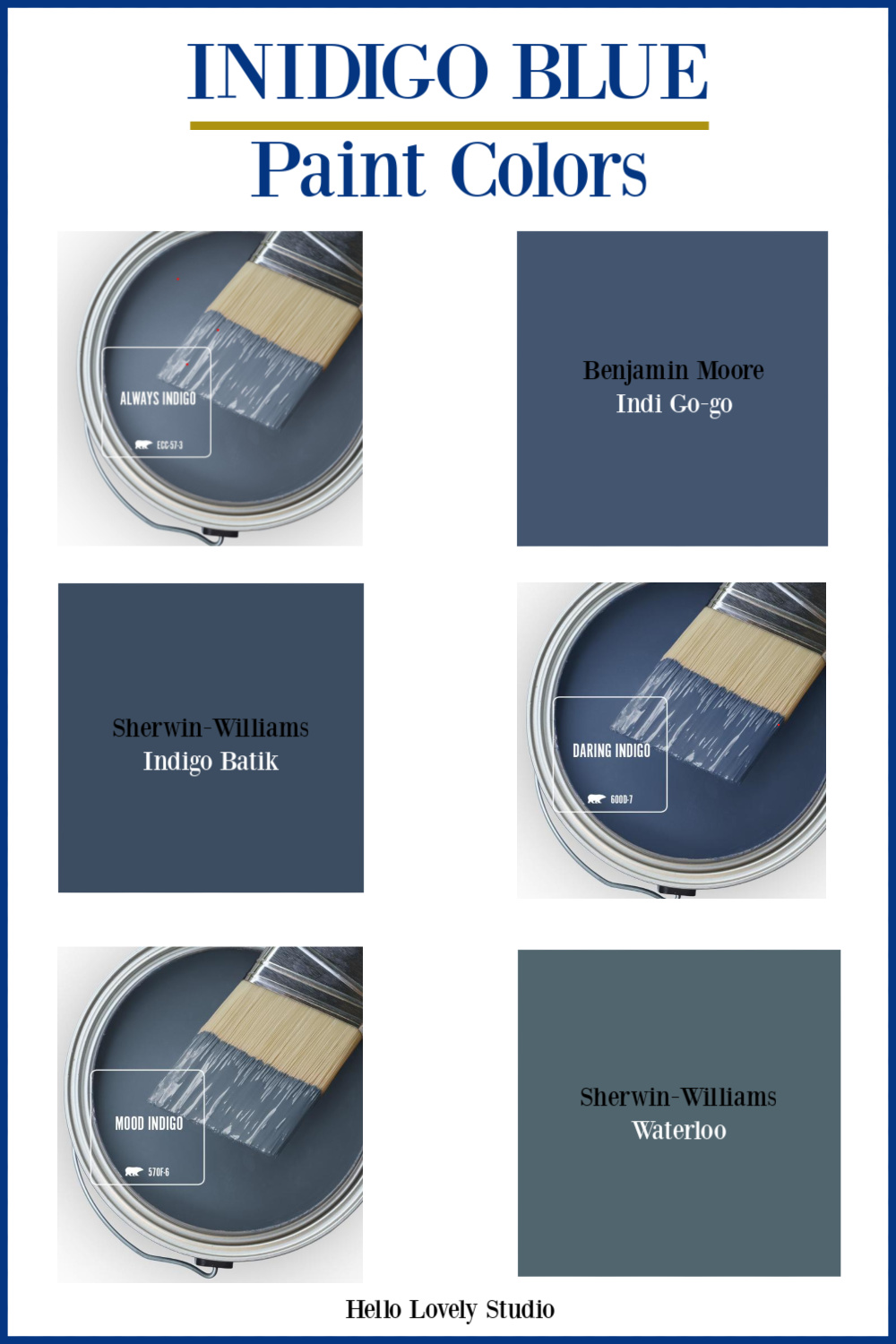
Choose colors mindfully. Love color? A 2016 study in Environment-Behaviour Proceedings Journal concluded green and blue are perceived to be the most relaxing colors in work settings. Bear in mind that yellow and purple can be highly distracting for lots of folks, and calm neutrals work well for creative types.
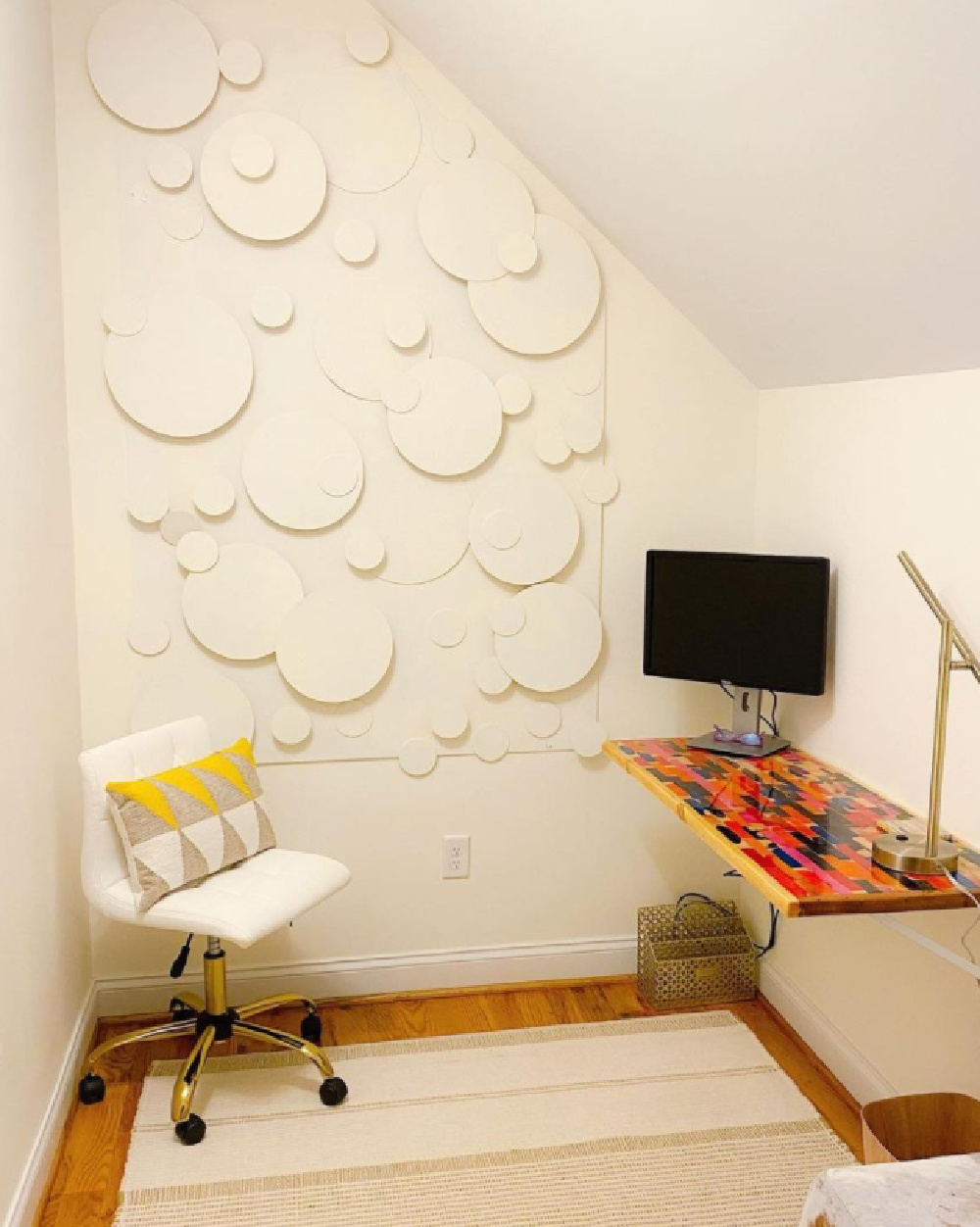
9. Add Organic Touches Such As Plants
Biophilic design. Why were 9,000 trees incorporated into the design at Apple’s Silicon Valley campus? Plants increase feelings of well-being and heighten productivity. Plus there’s more. Living with plants can improve memory! While you’ll still hear chatter about plants cleaning the air, the science says they don’t…but they do impart a sense of fresh air.

Foliage and focus. A 2008 University of Michigan study found natural environments may help to replenish our capacity for attention and focus. I’m guessing that means that even a faux ficus is helpful.
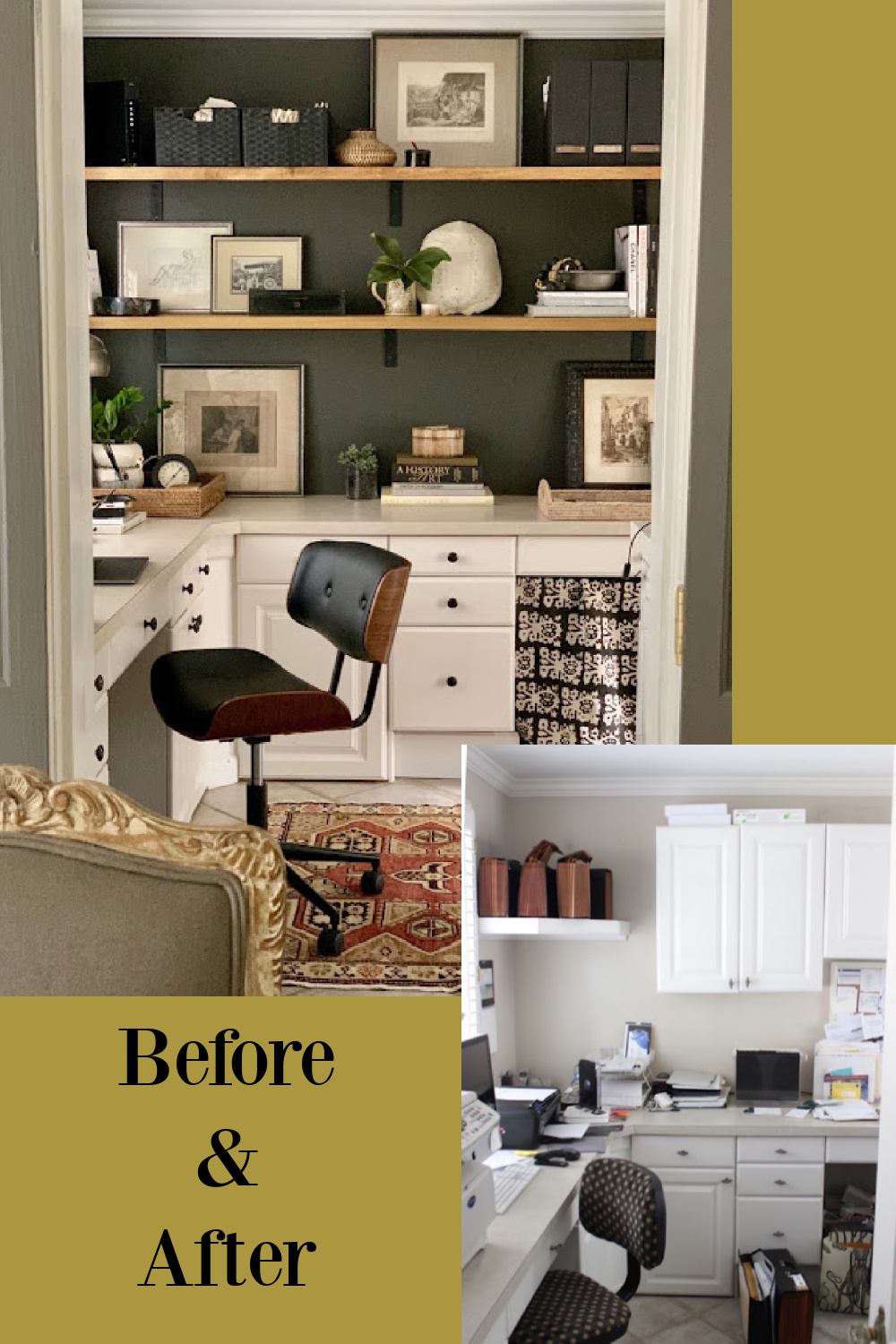
Décor for workspaces beyond plants. Keep soft textures in mind since they dampen sound. Consider botanical prints or artwork with natural, organic motifs.
Is space limited for art? Paint an accent wall an earthy green such as Benjamin Moore Flora or one of these:
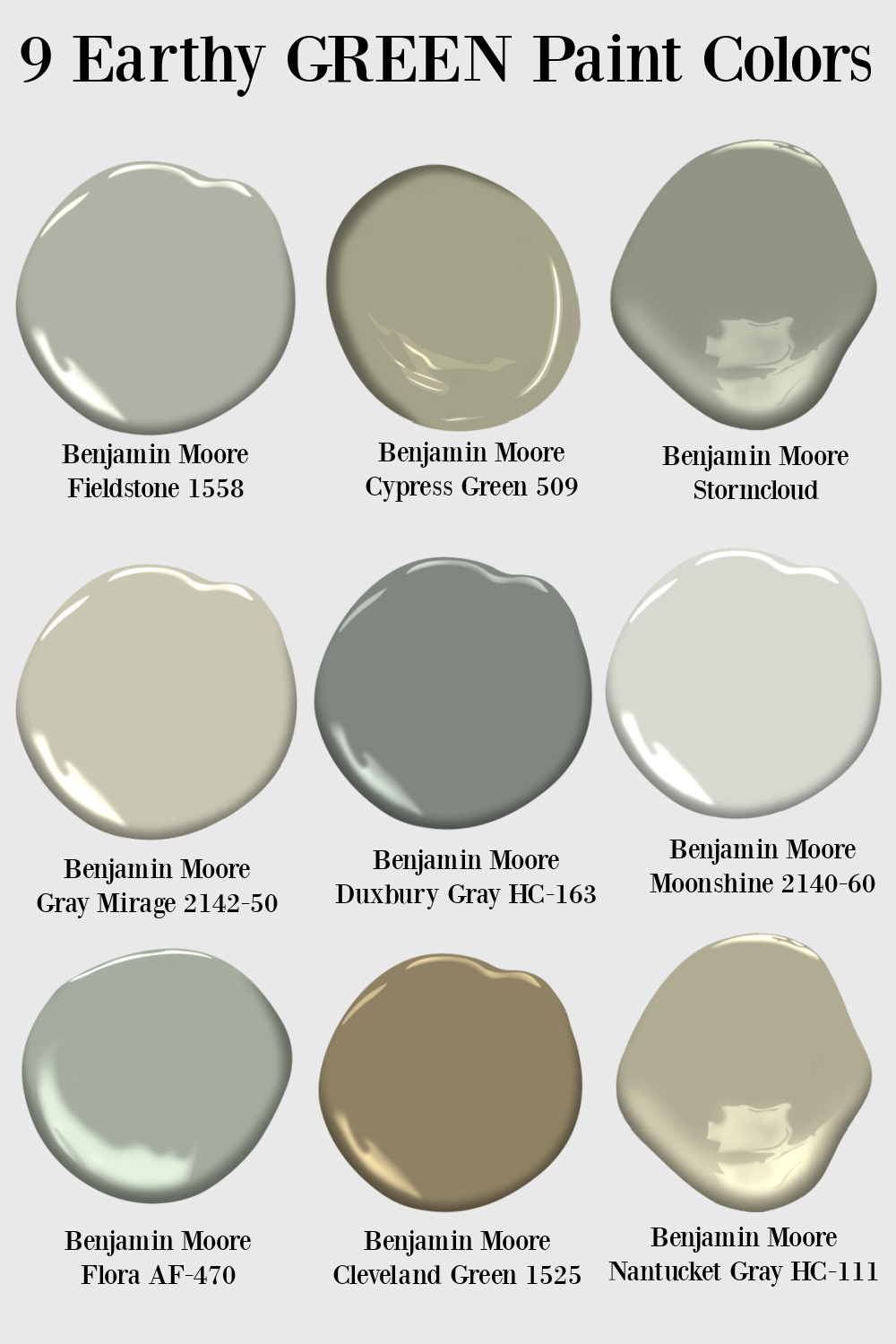
I hope these tips increase your confidence about creating or improving your workspace at home!
If you don’t have a Pinterest board devoted to home office ideas, it’s also a savvy way to organize your plans! Also, PIN THIS POST for future reference.
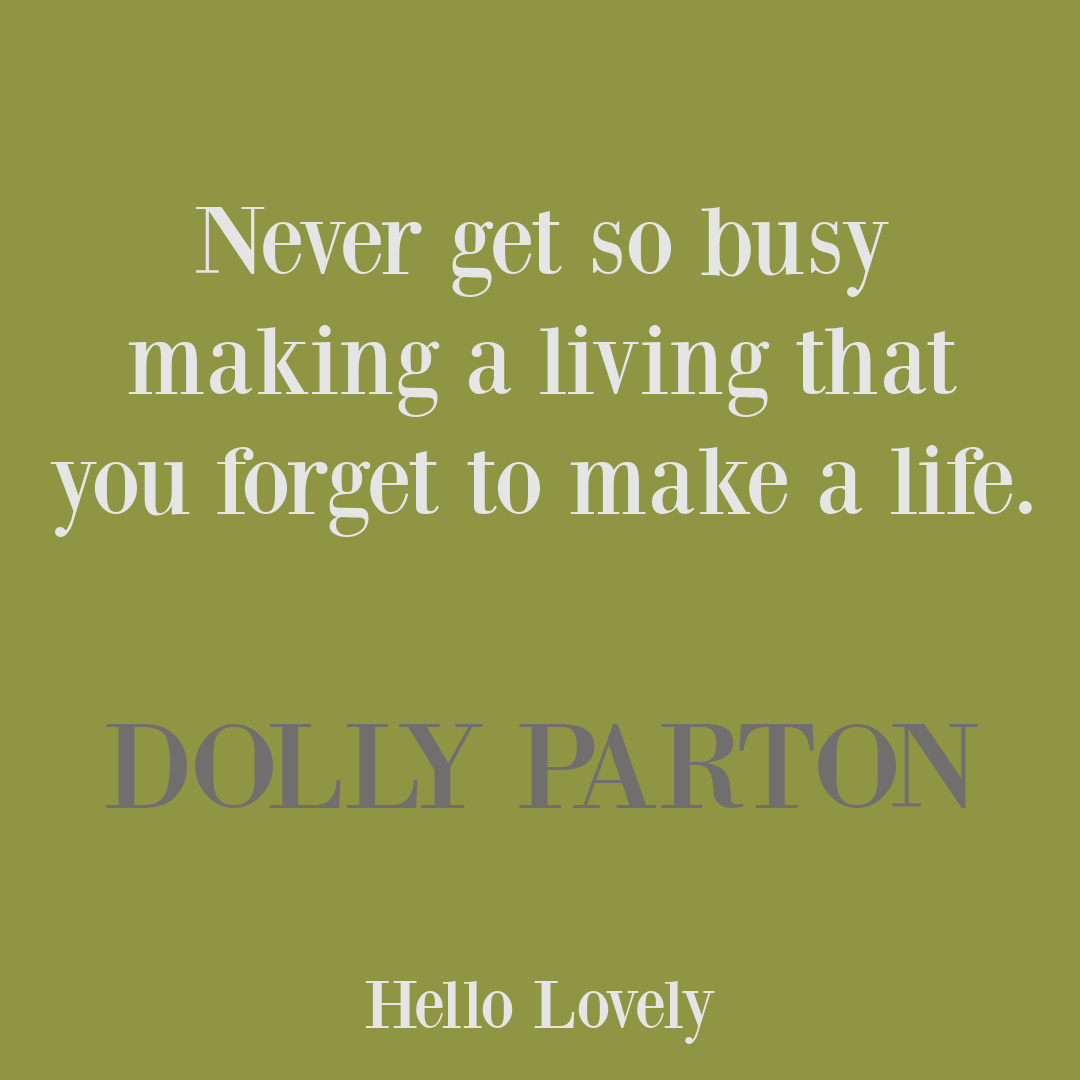
Peace to you right where you are.
-michele
I independently selected products in this post—if you buy from one of my links, I may earn a commission.
Thanks for shopping RIGHT HERE to keep decor inspiration flowing on Hello Lovely!
Hello Lovely is a participant in the Amazon Services LLC Associates Program, an affiliate advertising program designed to provide a means for sites to earn fees by linking to Amazon.com and affiliated sites.
References
The Clutter Connection: How Your Personality Type Determines Why You Organize the Way You Do (Cassandra Aarssen, 2019).
Experimental Biology and Medicine (October 21, 2019), Megan E. Beerse, Theresa Van Lith, Scott M. Pickett.
“The Effects of Colour in Work Environment: A systematic review” (July 2016); Nattha Savavibool, Environment-Behaviours Proceedings Journal.
“Toward a Brain-Based Theory of Beauty” (July 6, 2011); Tomohiro Ishizu, Semir Zeki.
“The Cognitive Benefits of Interacting With Nature” (December 1, 2008); Marc G. Berman, John Jonides, Stephen Kaplan, Association for Psychological Science.
